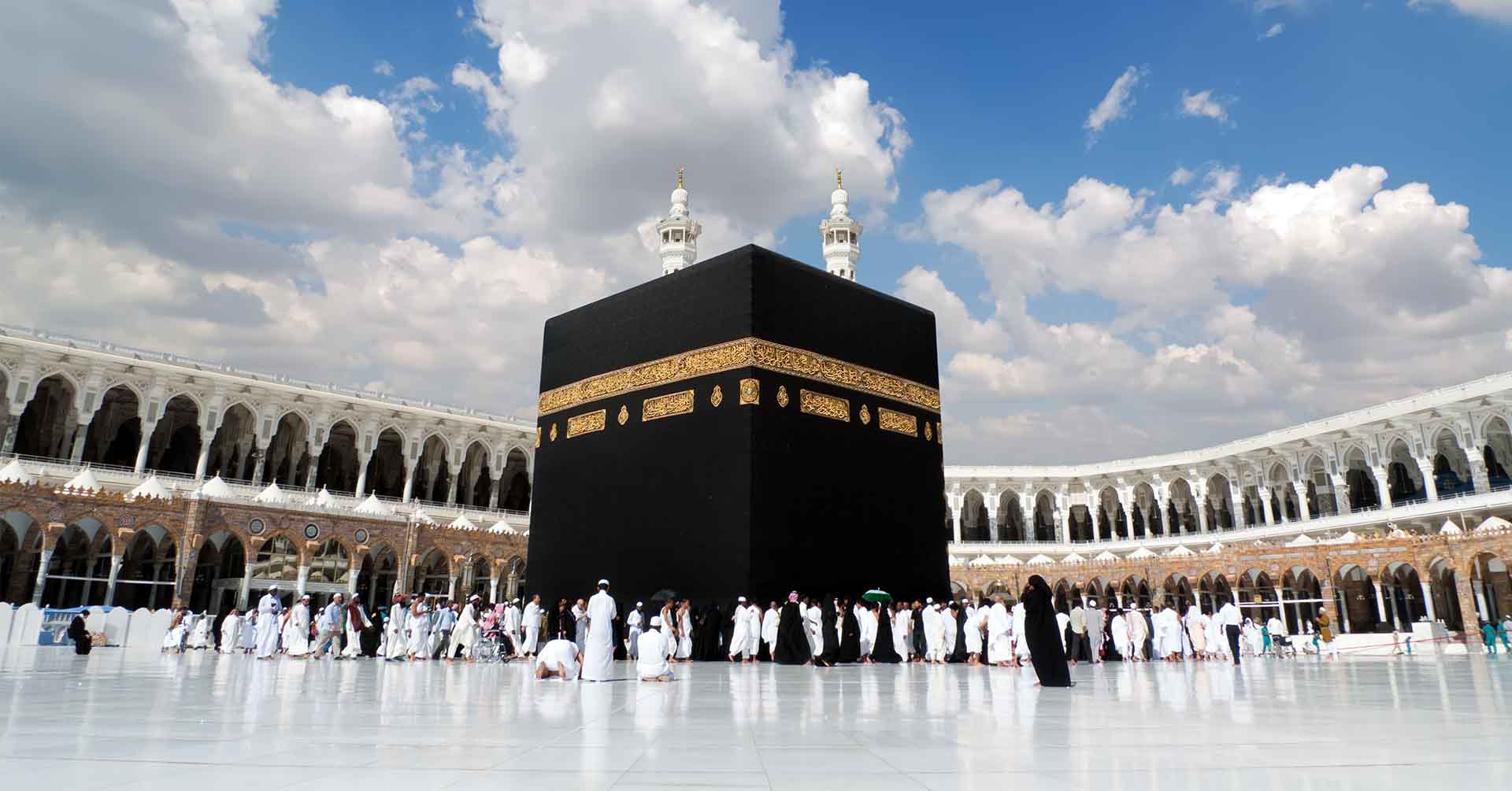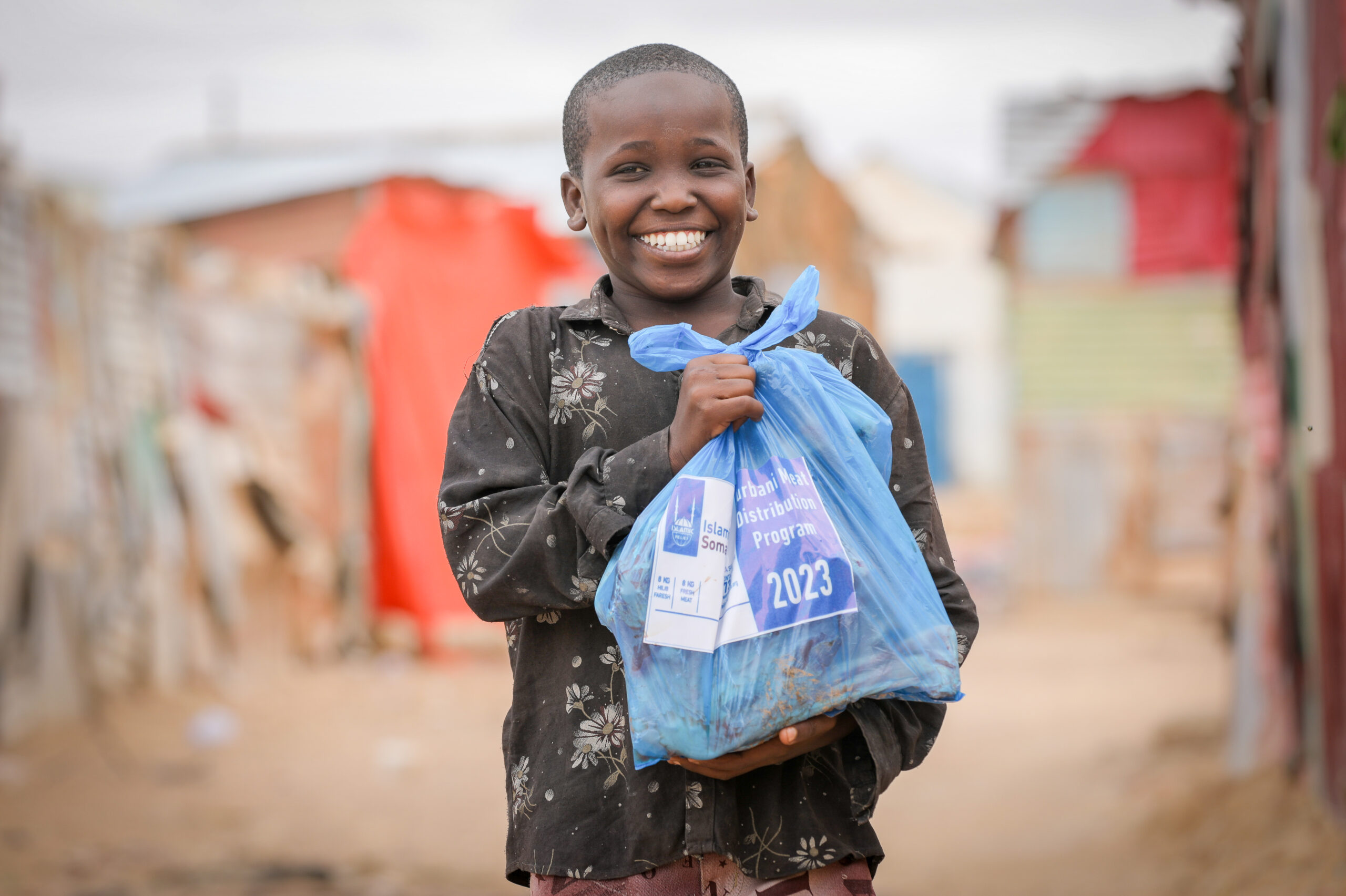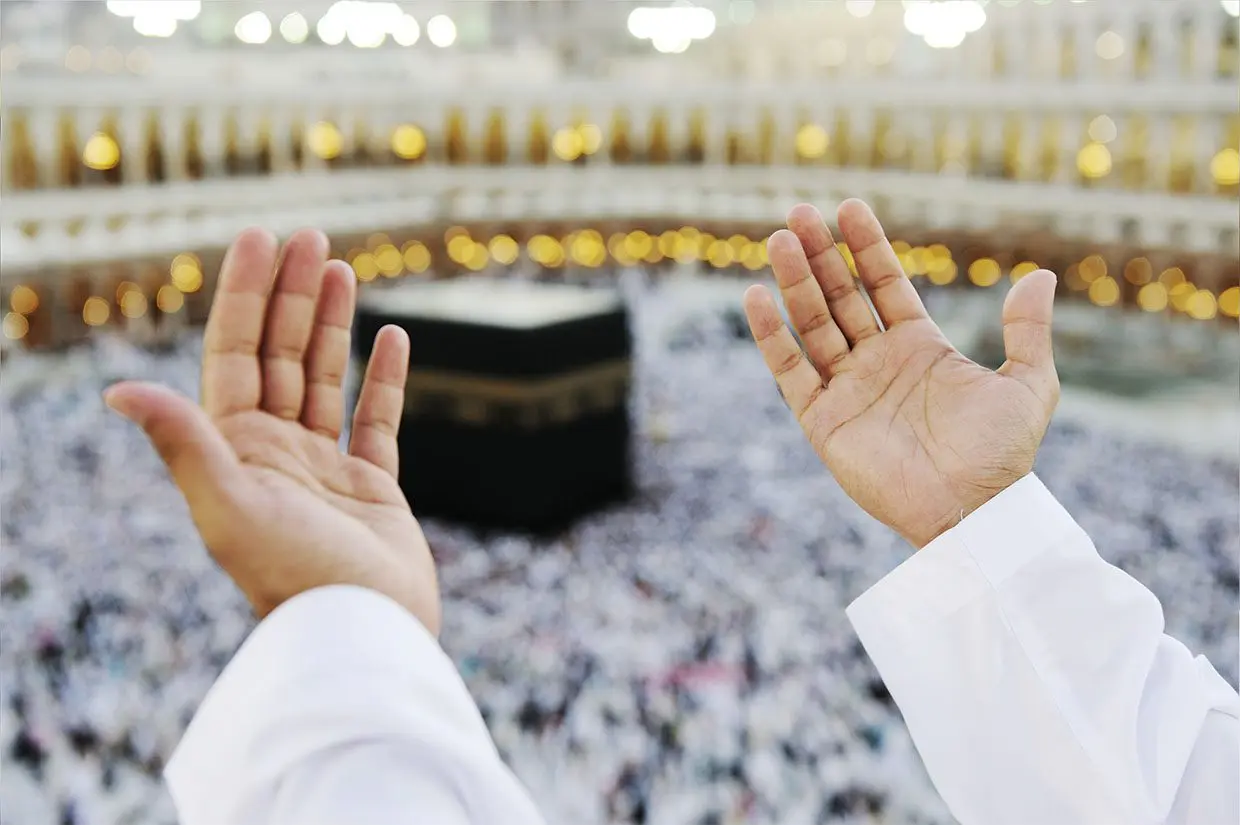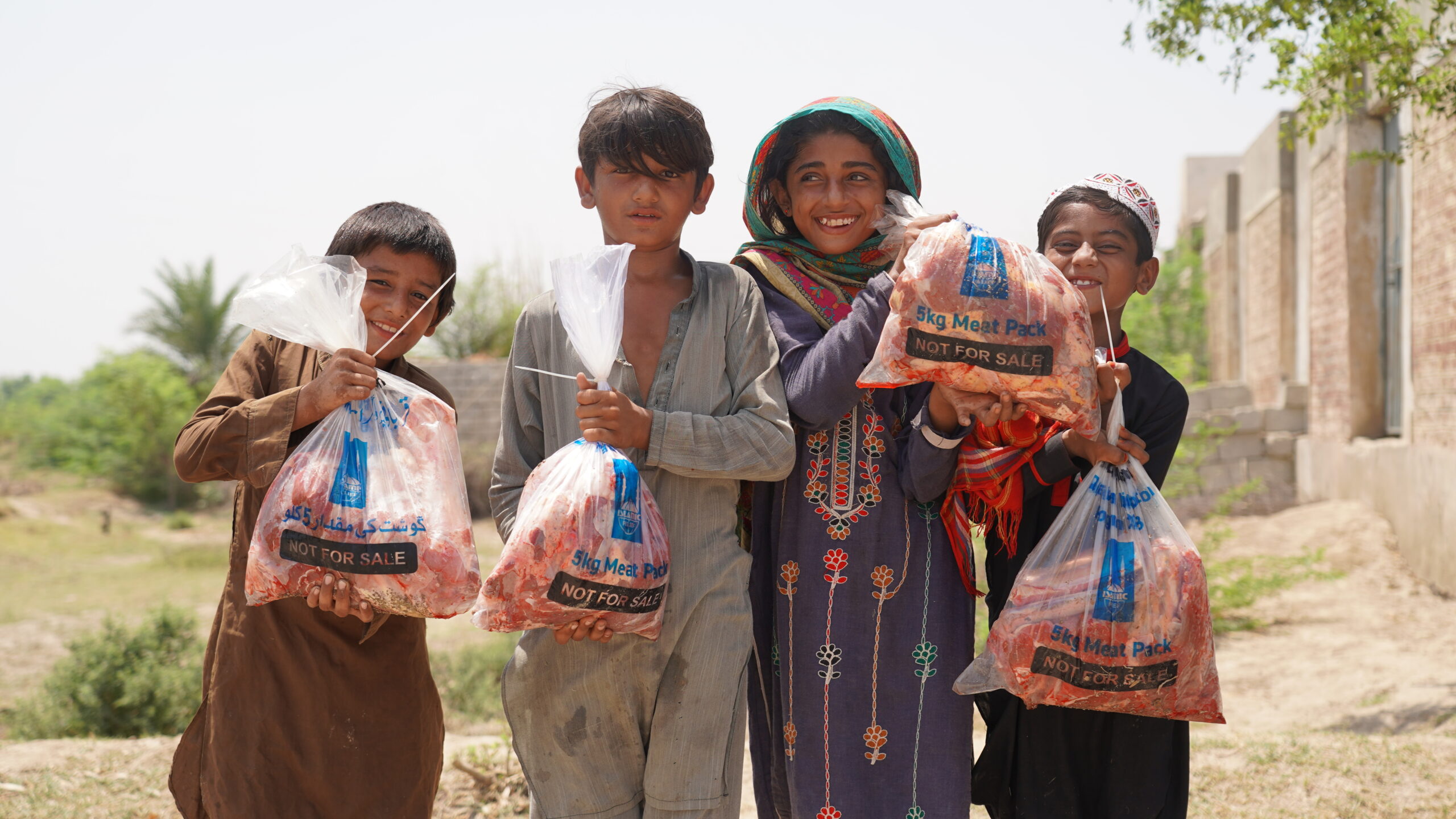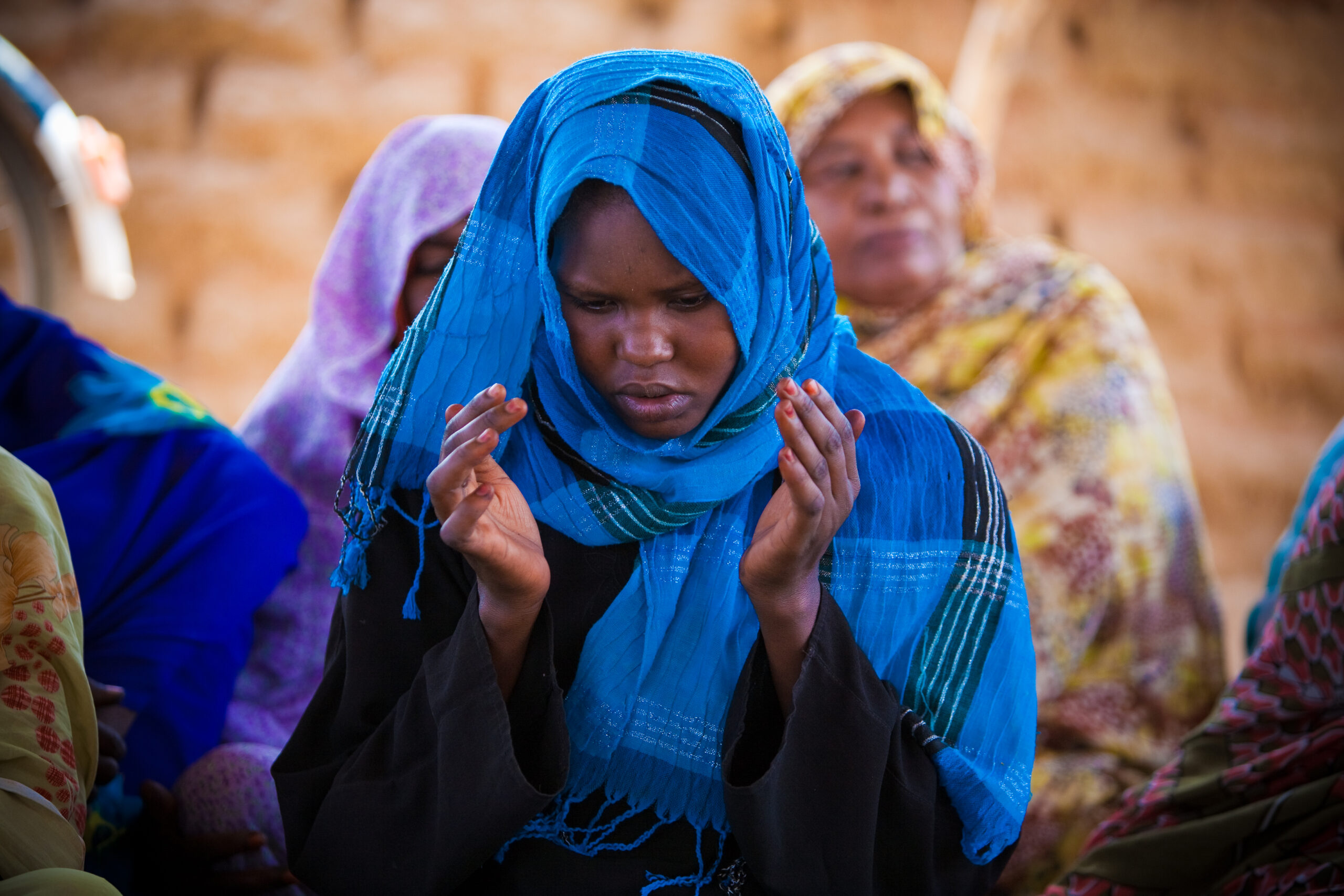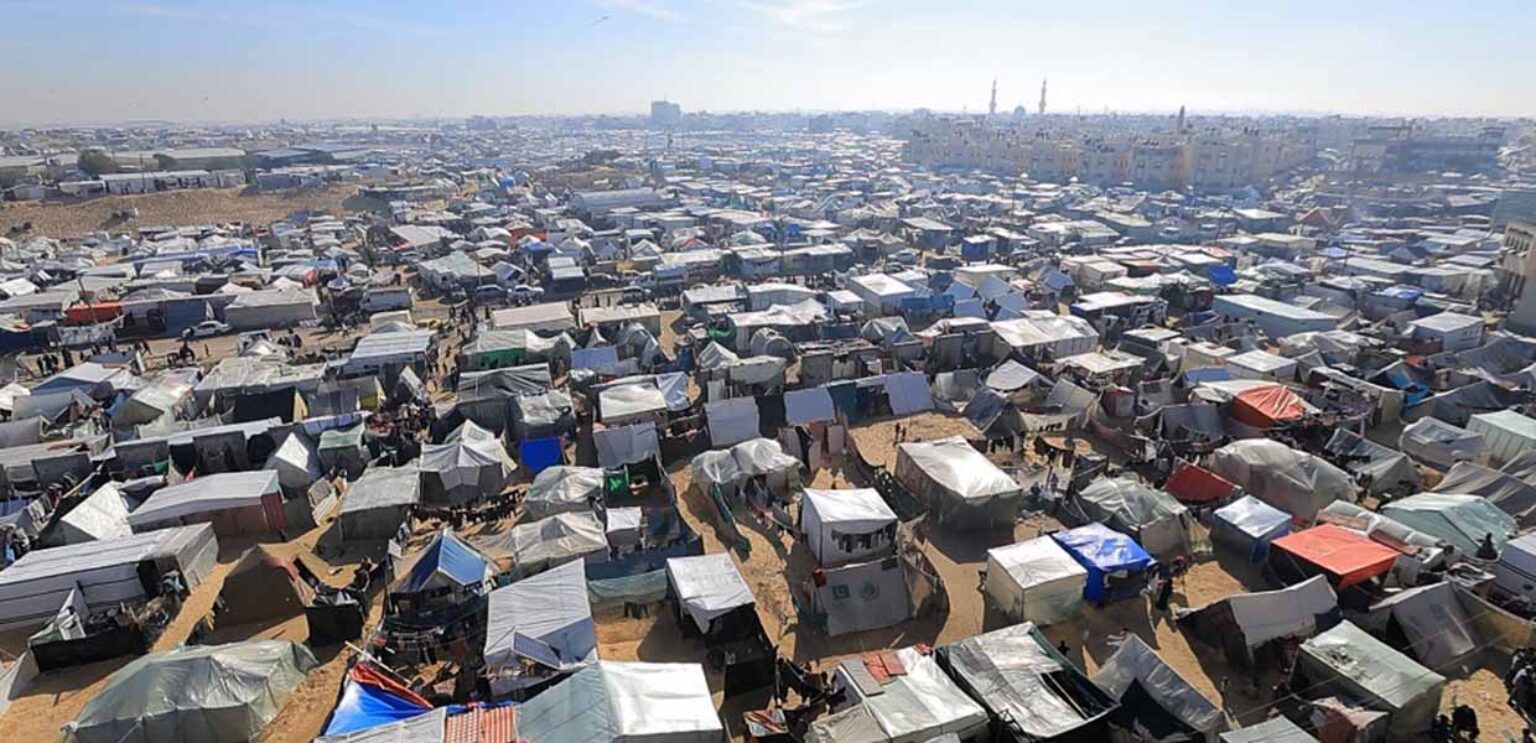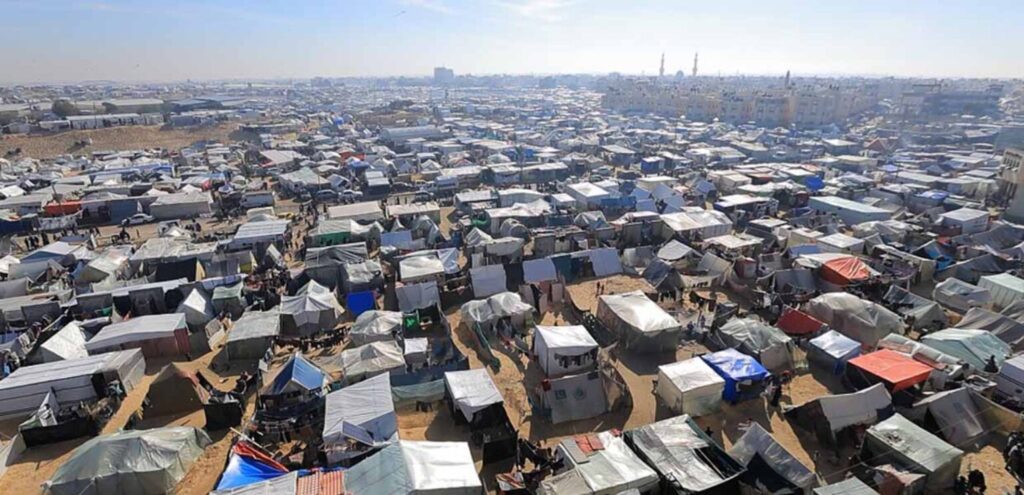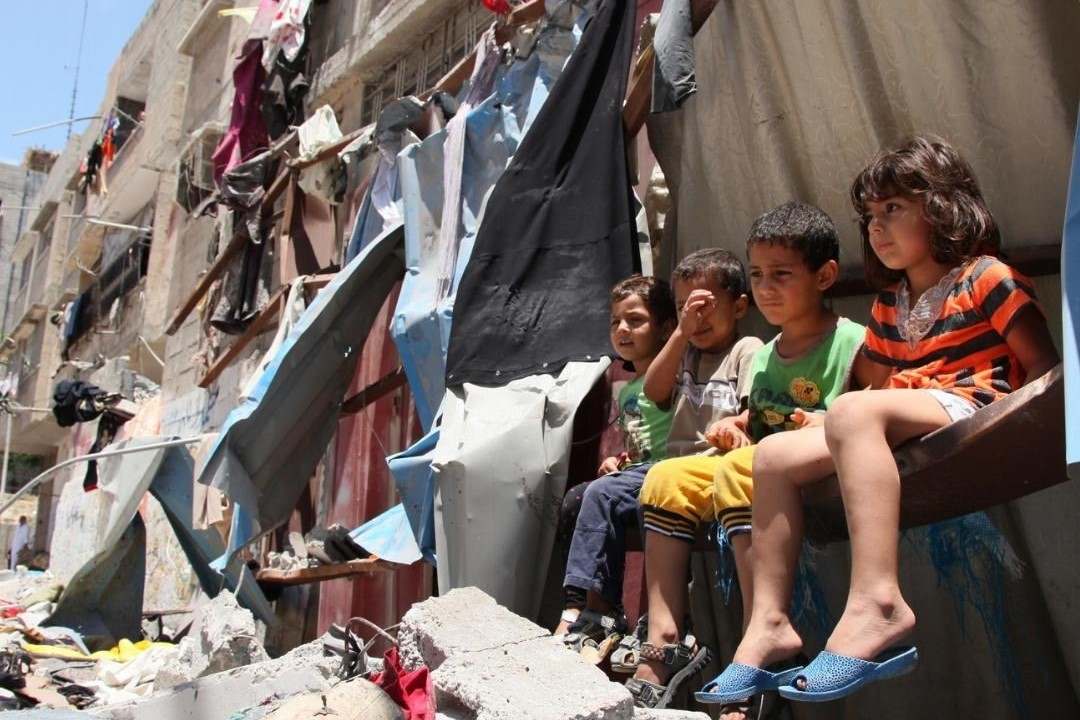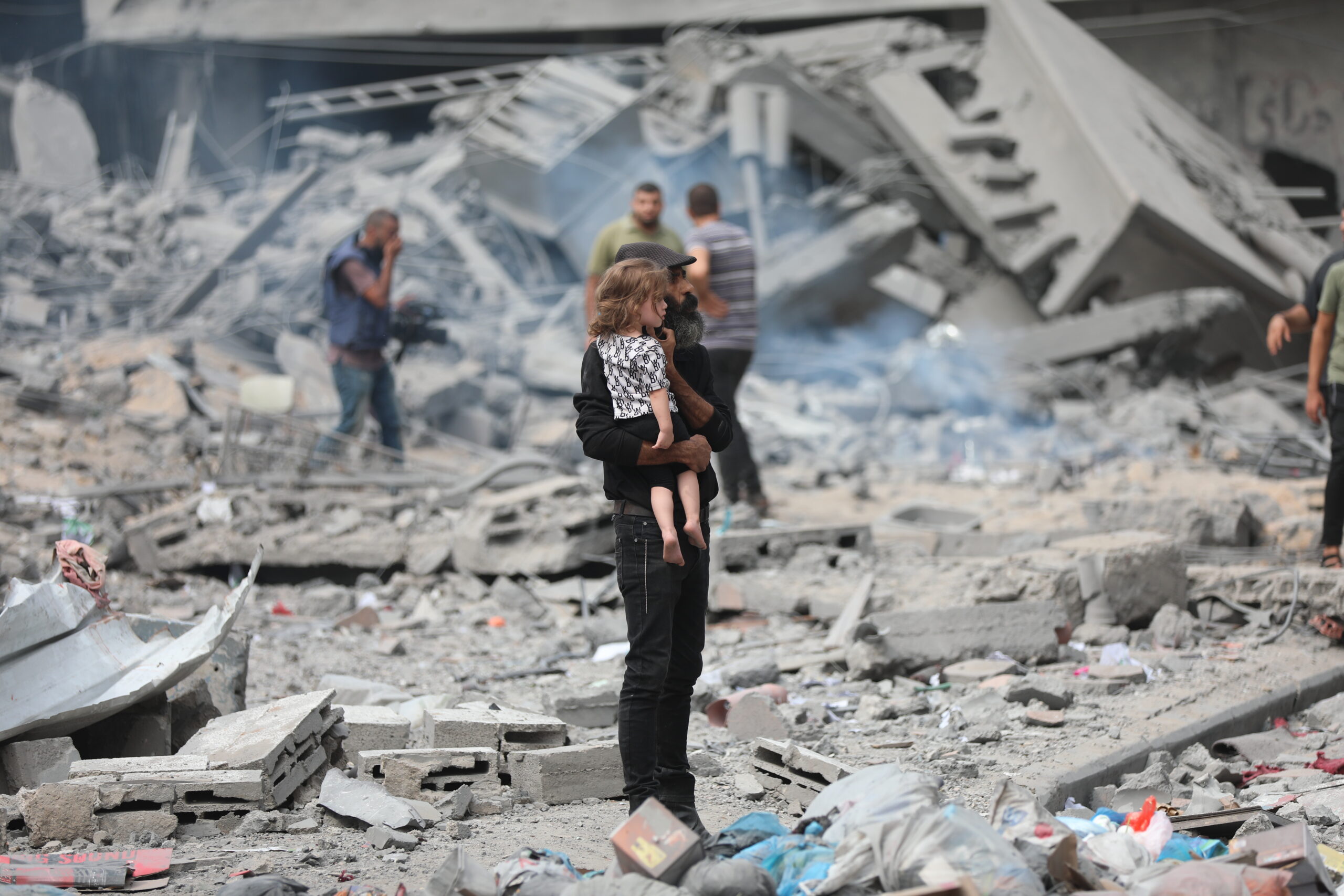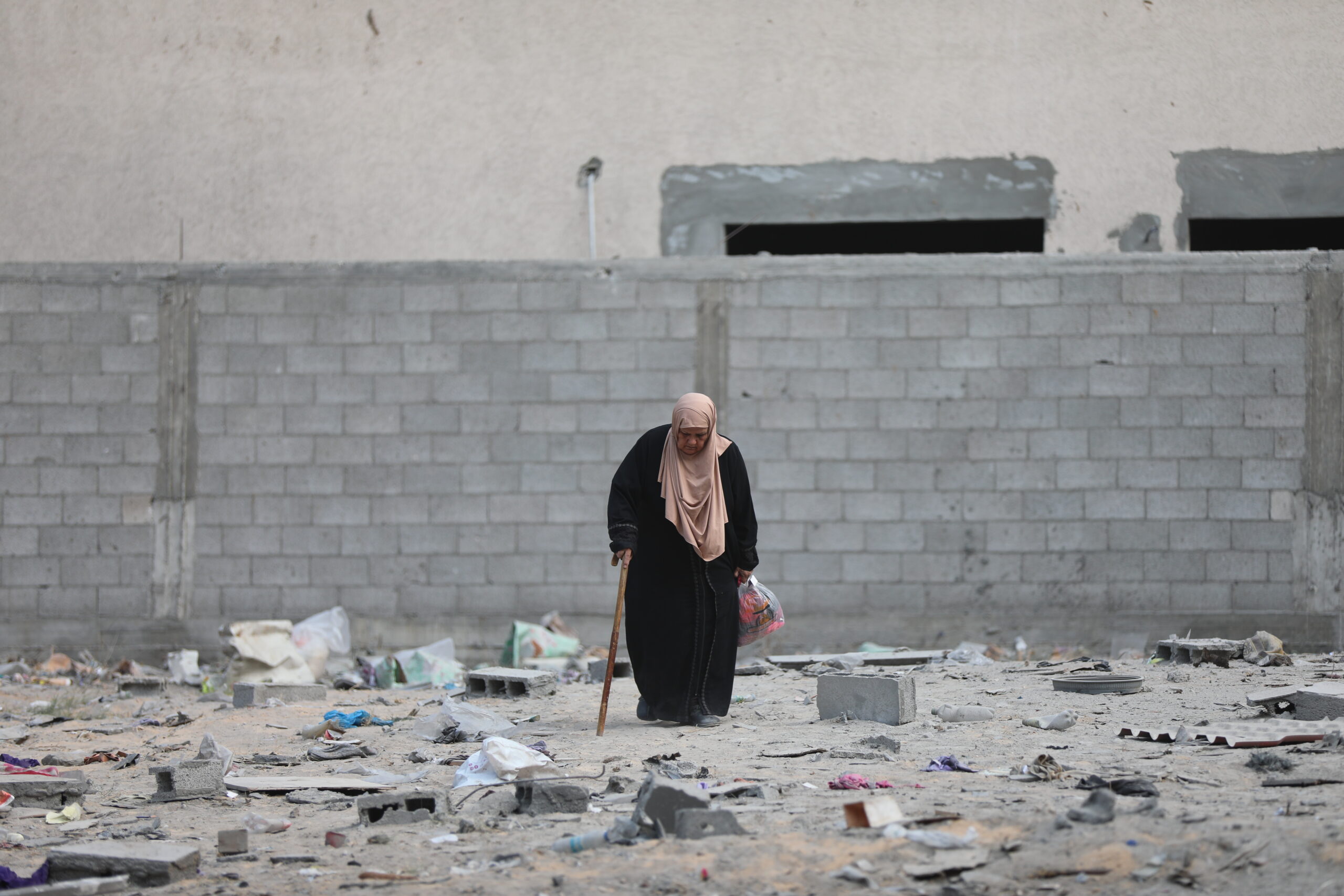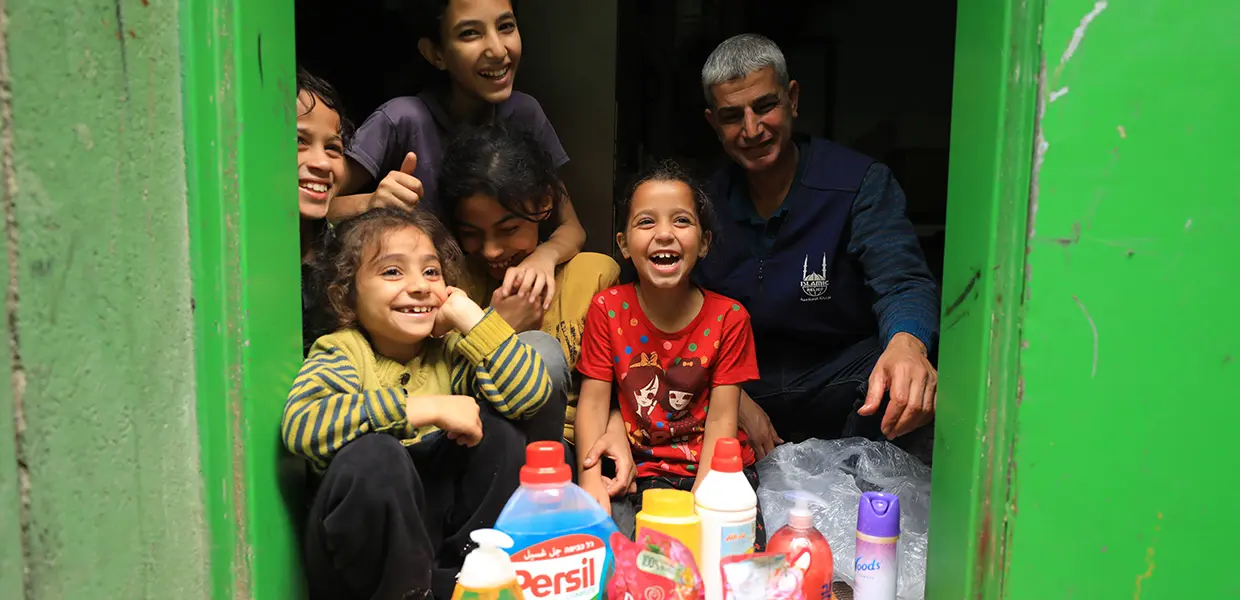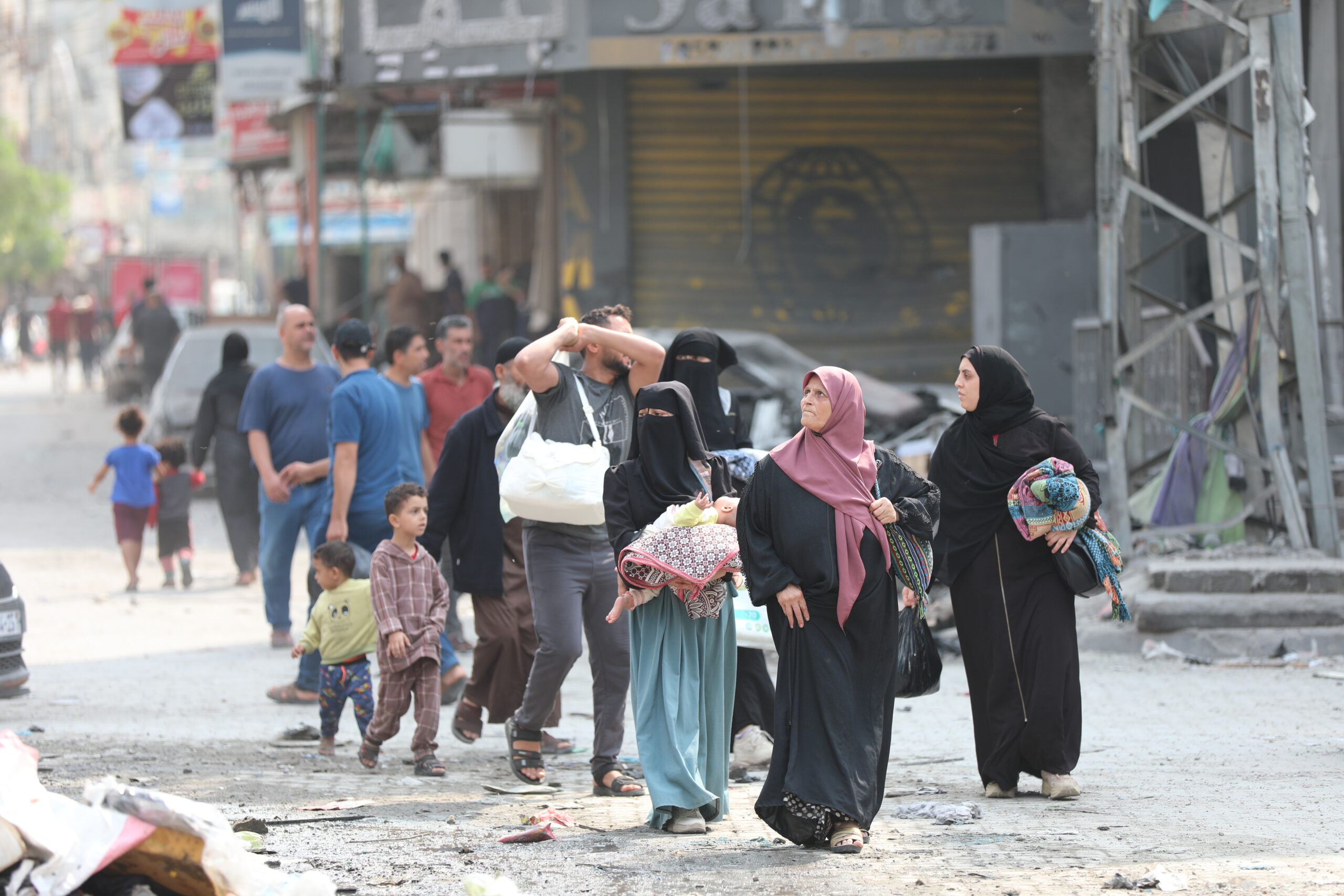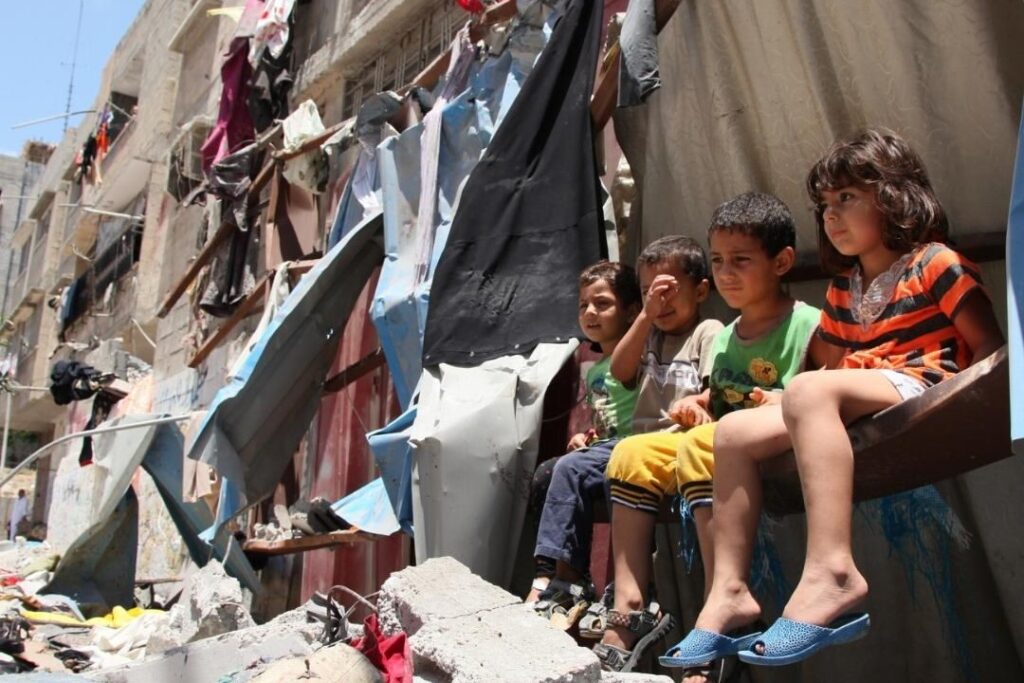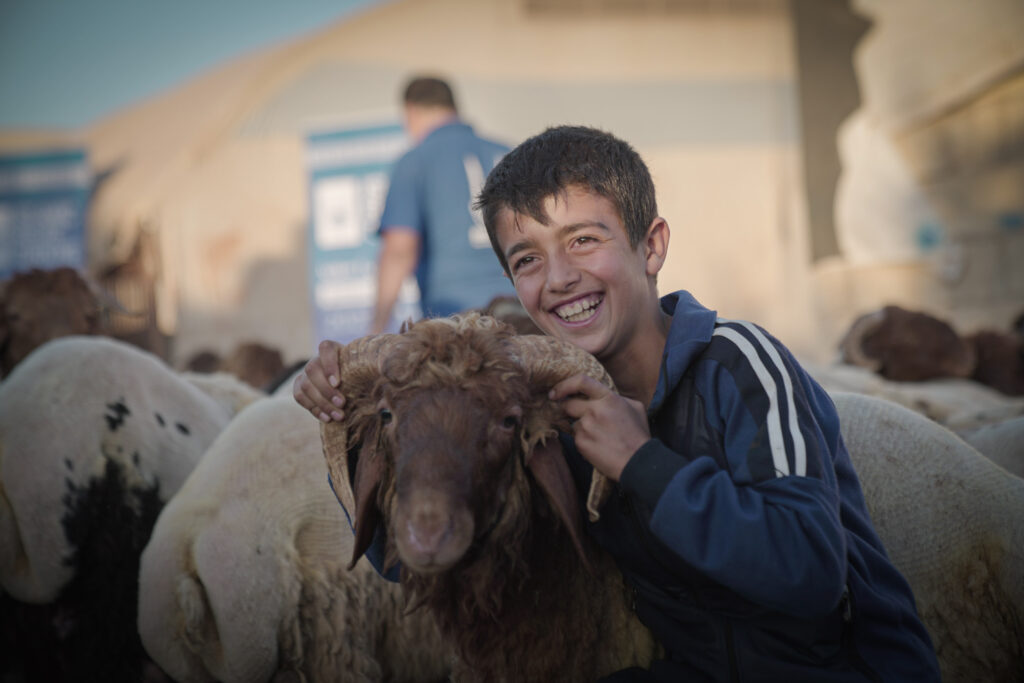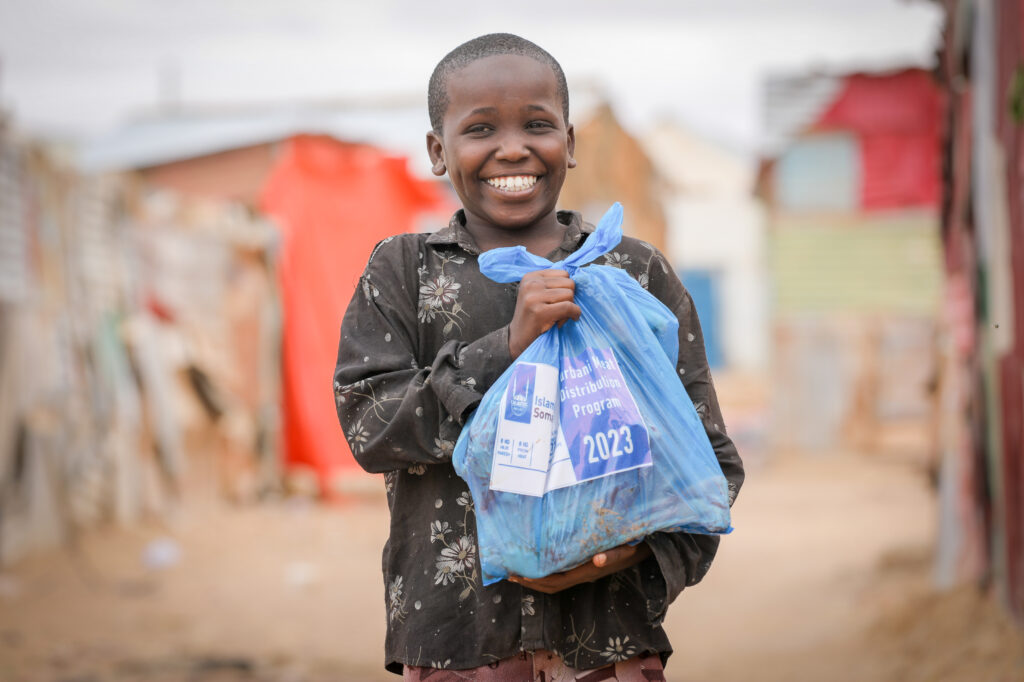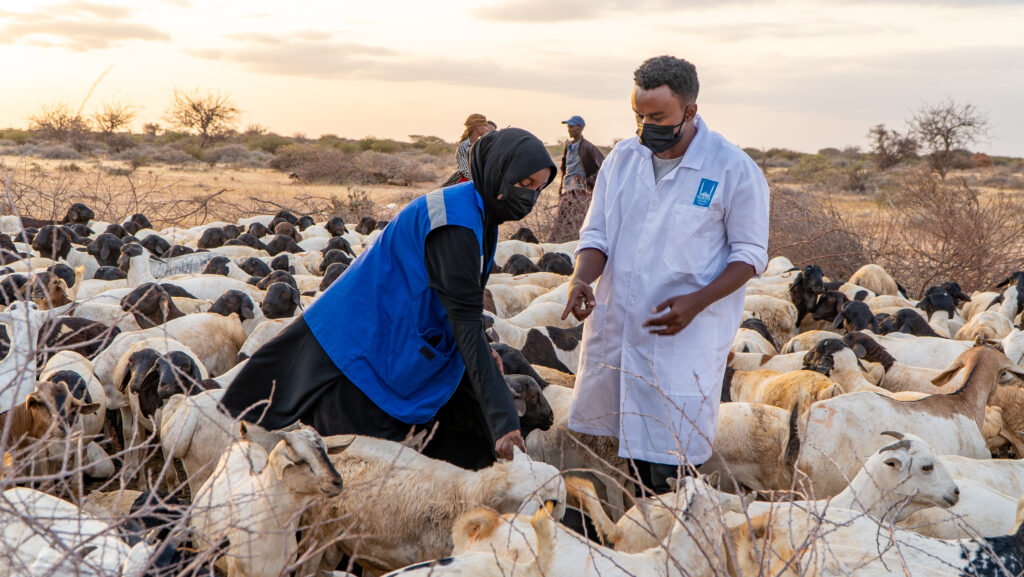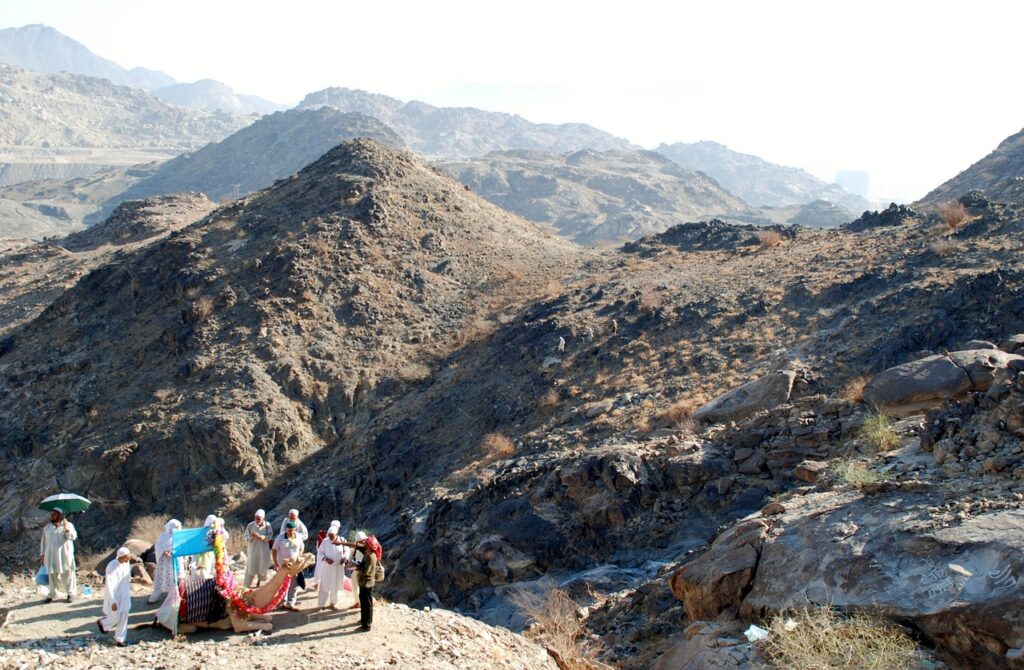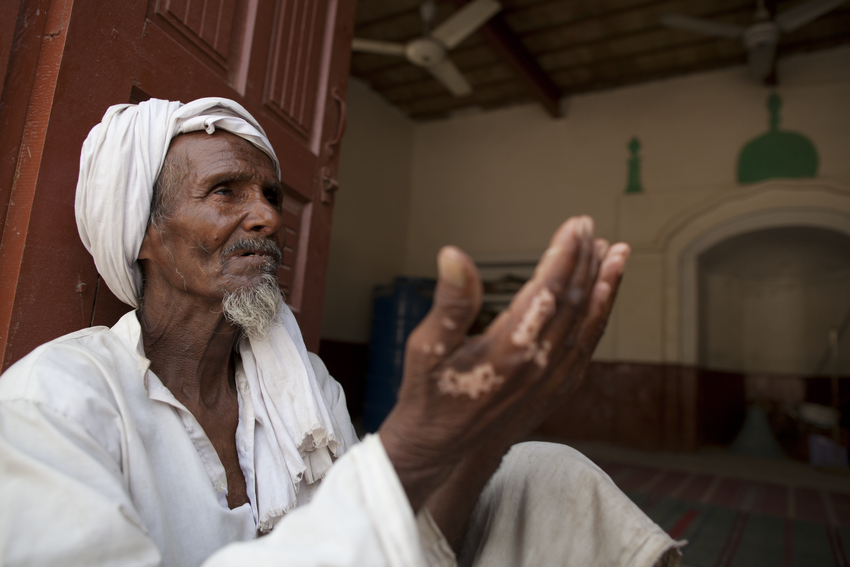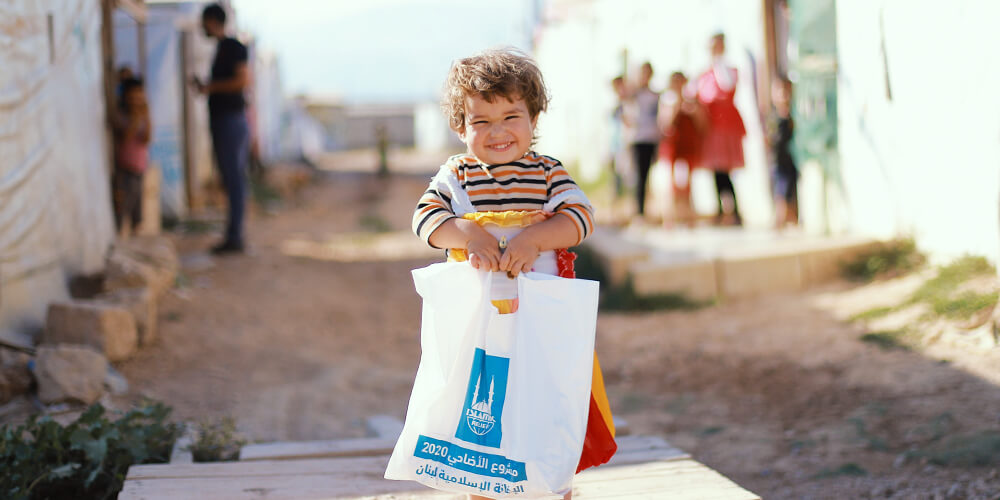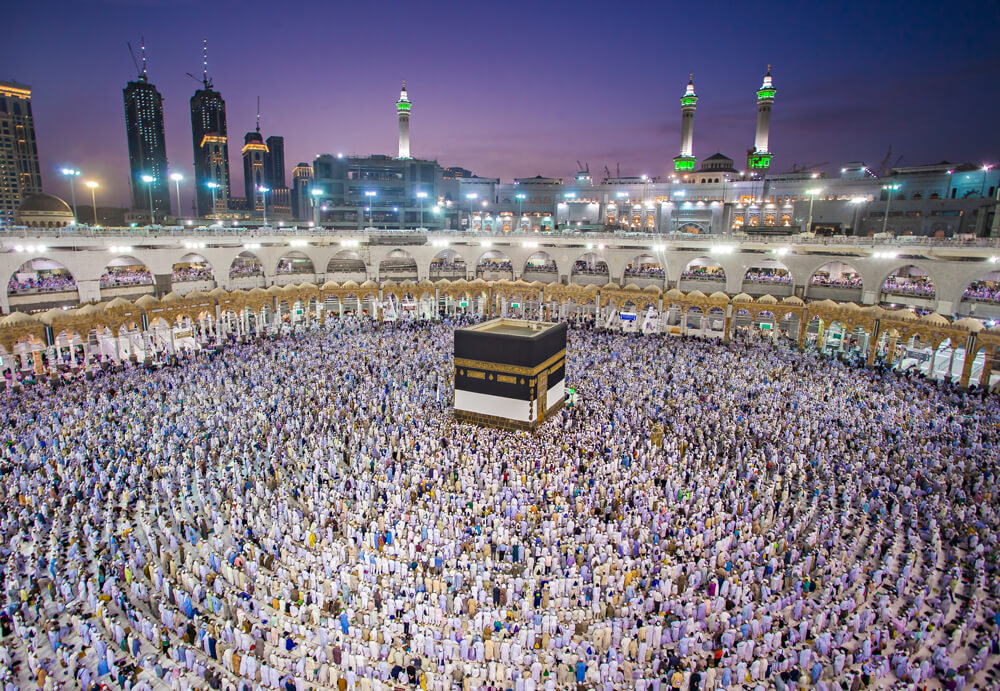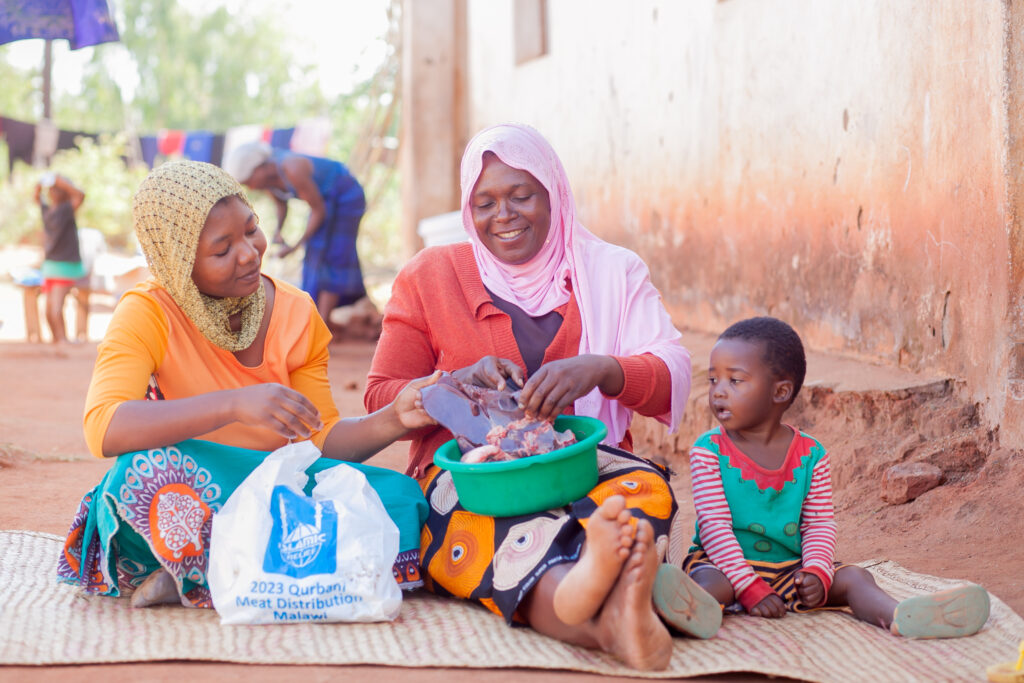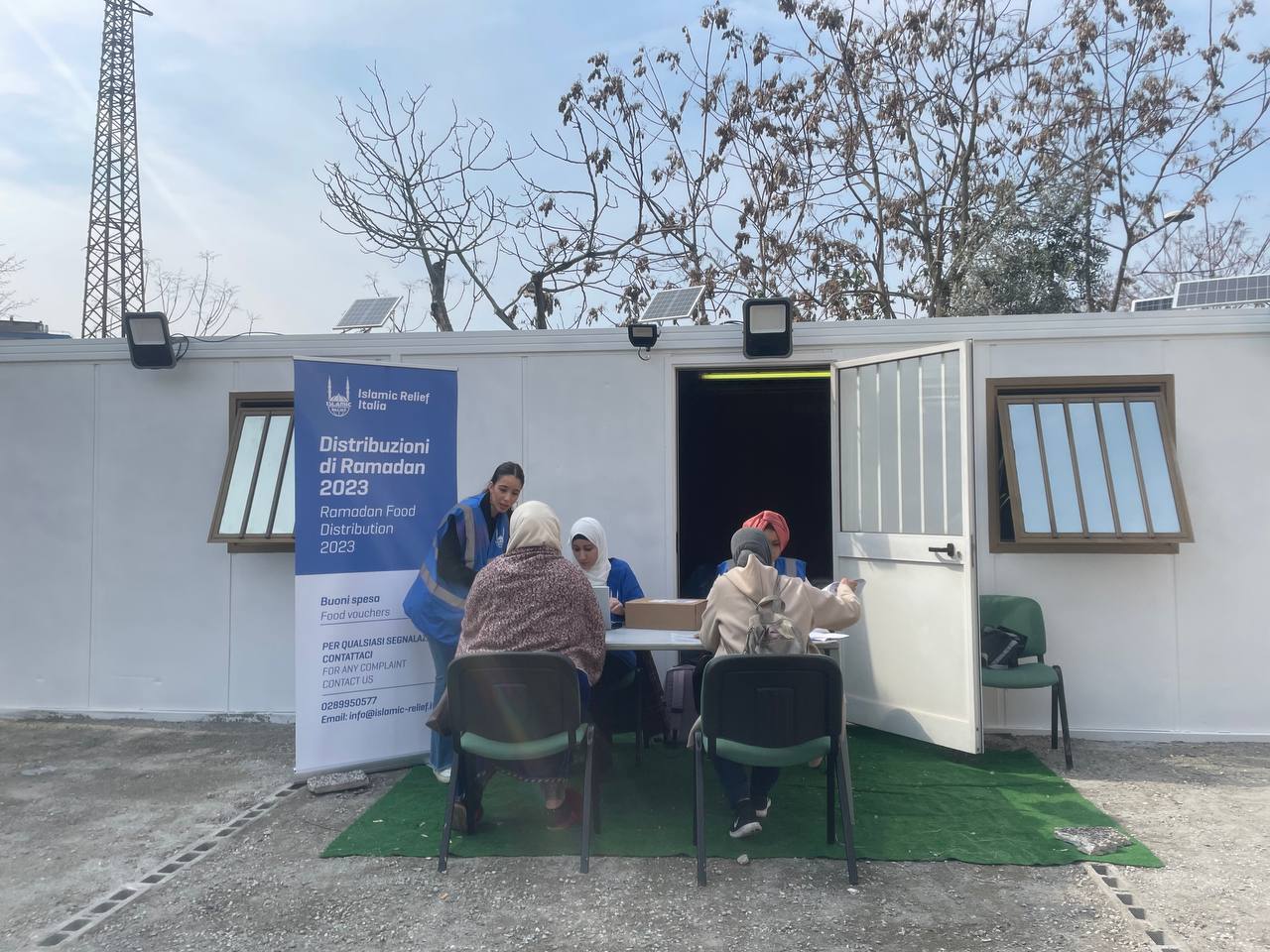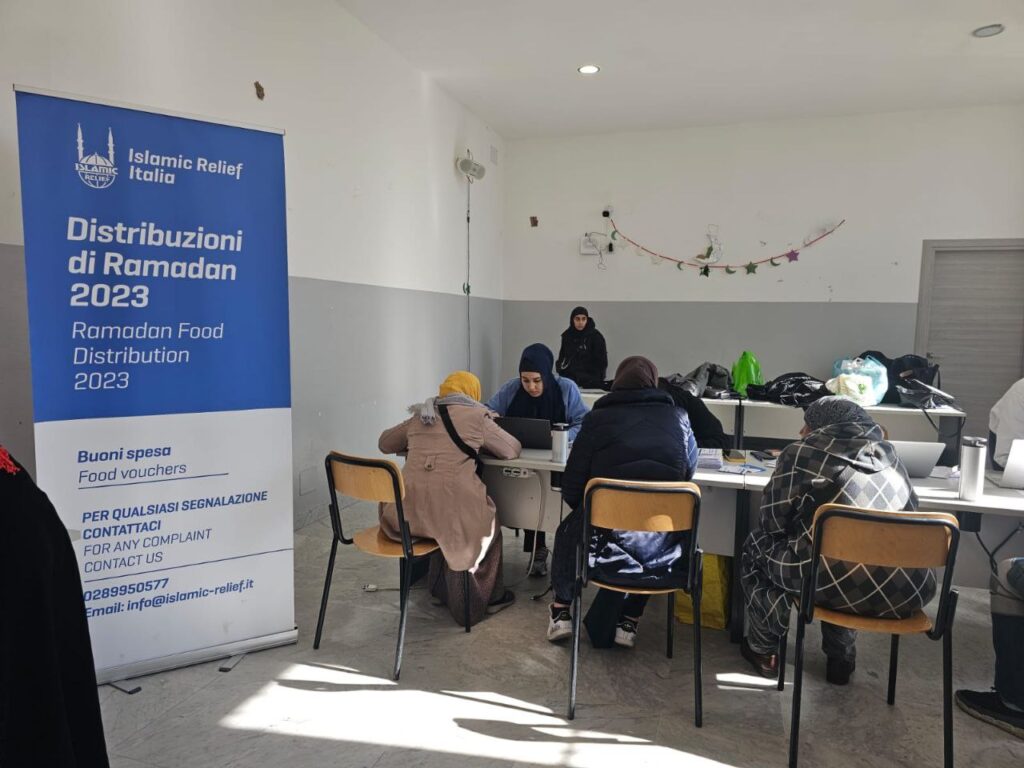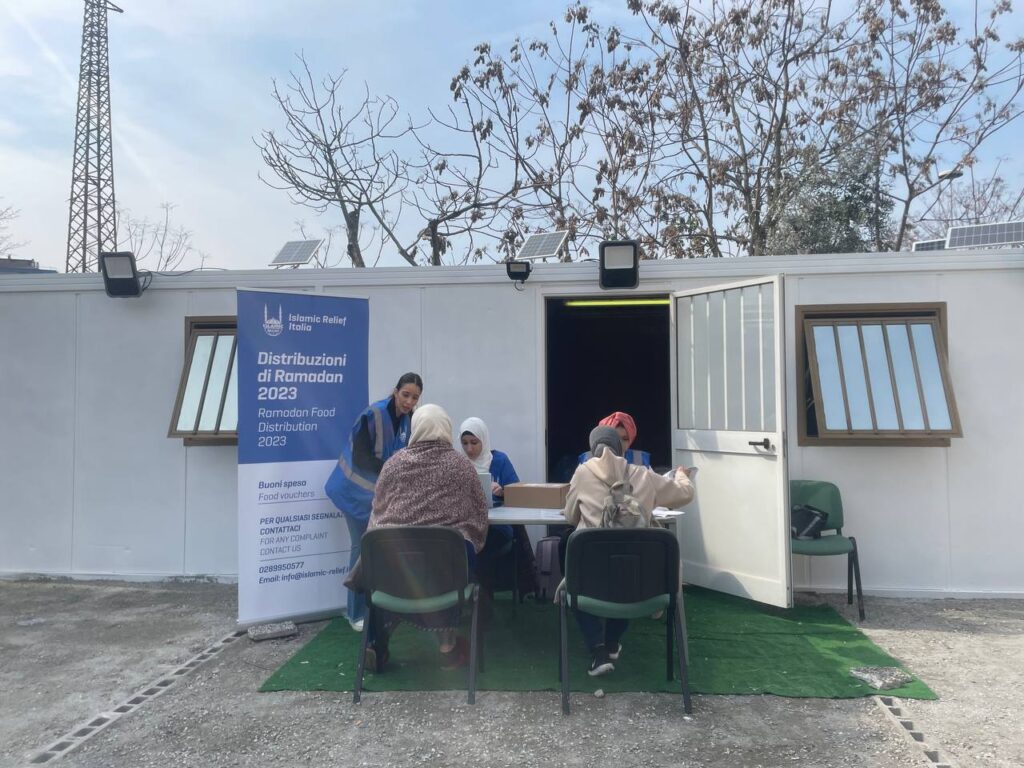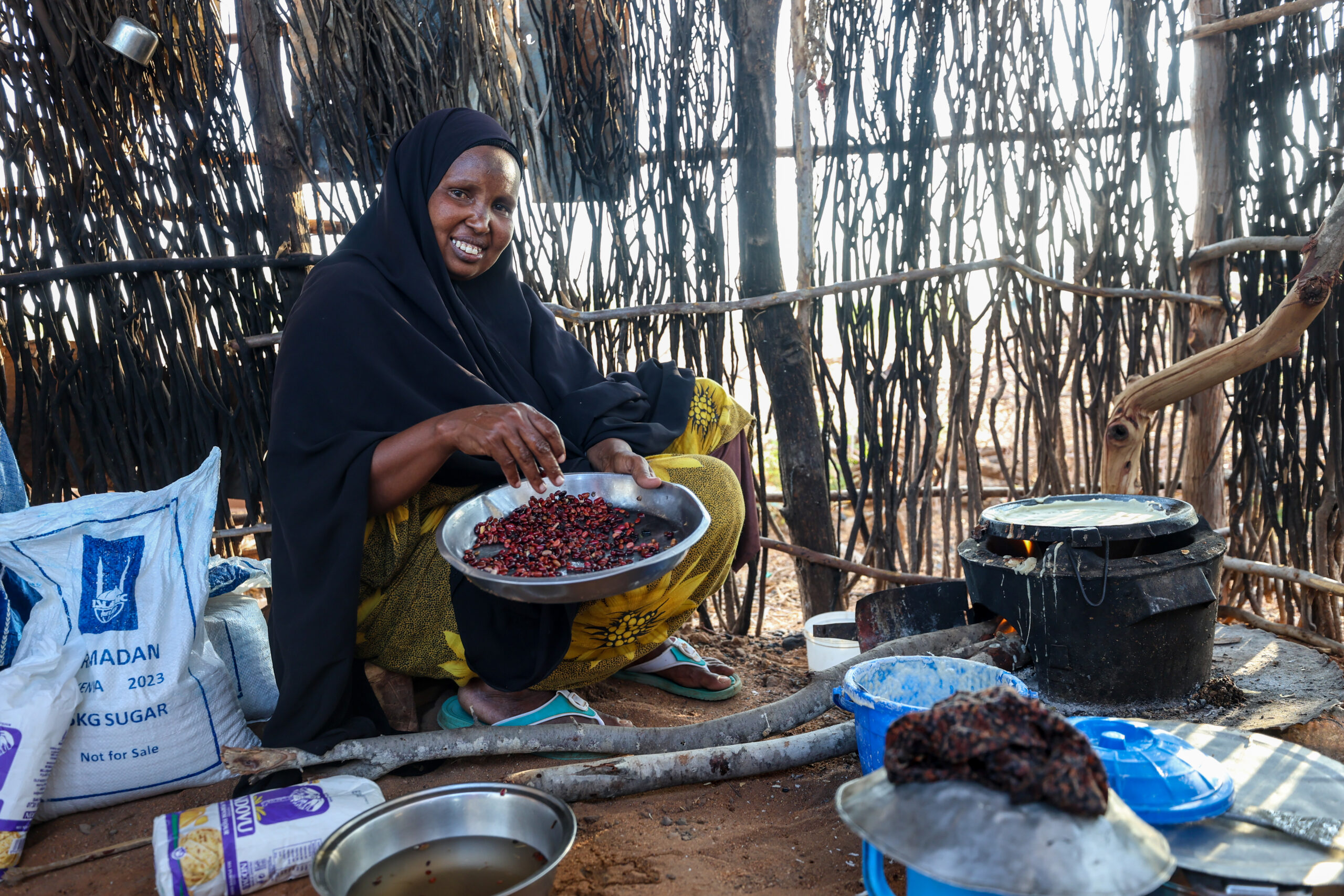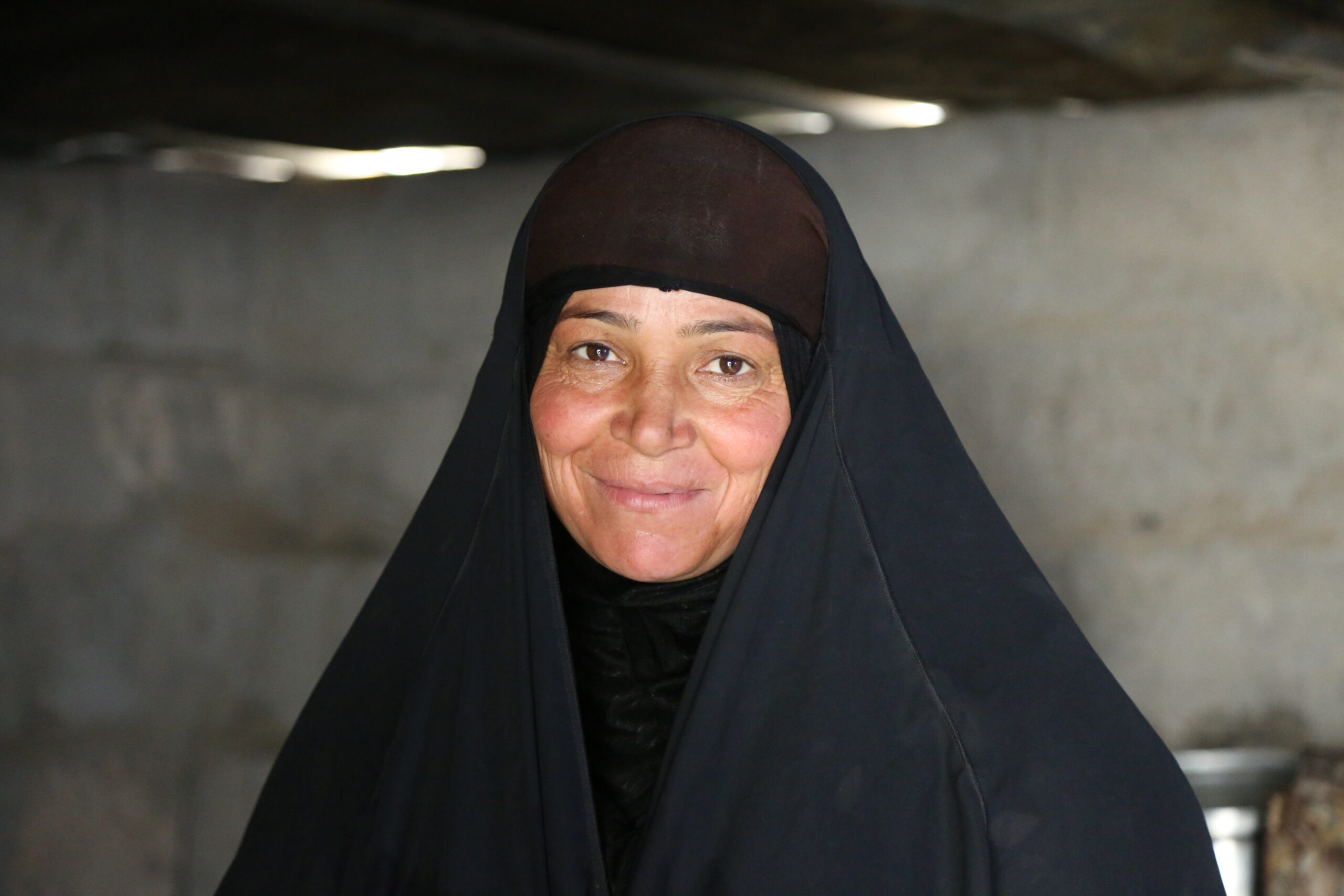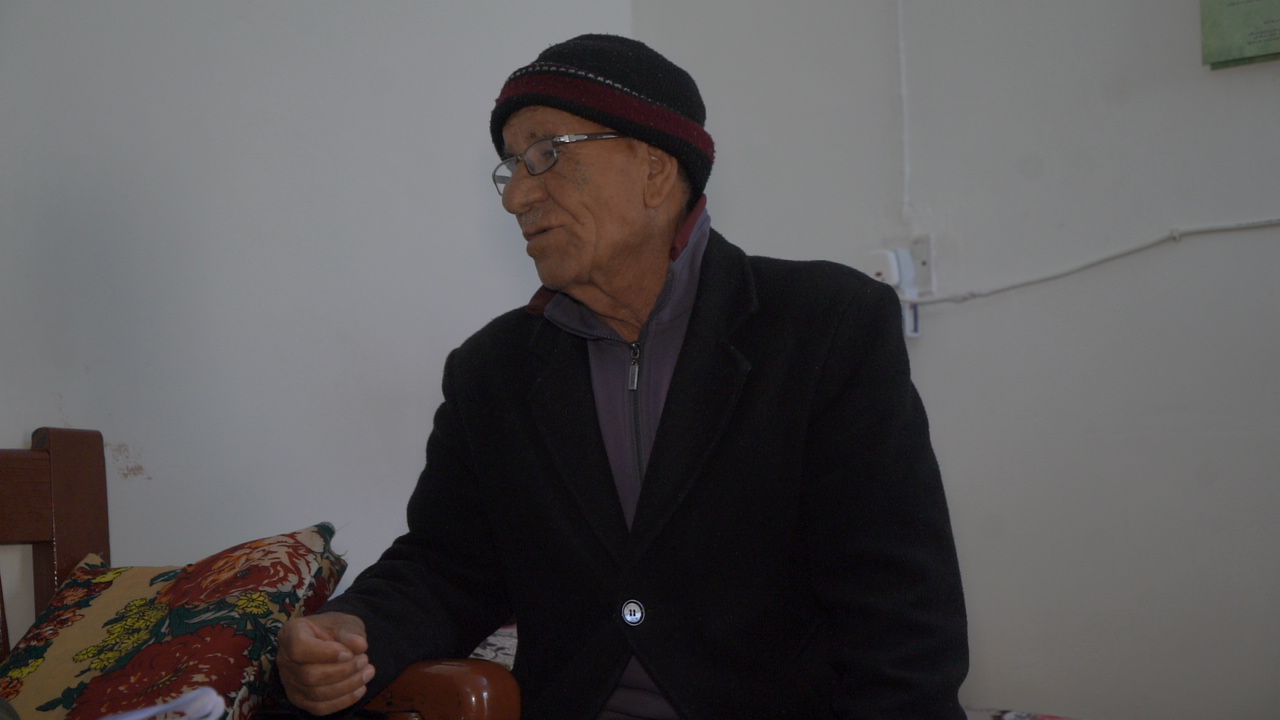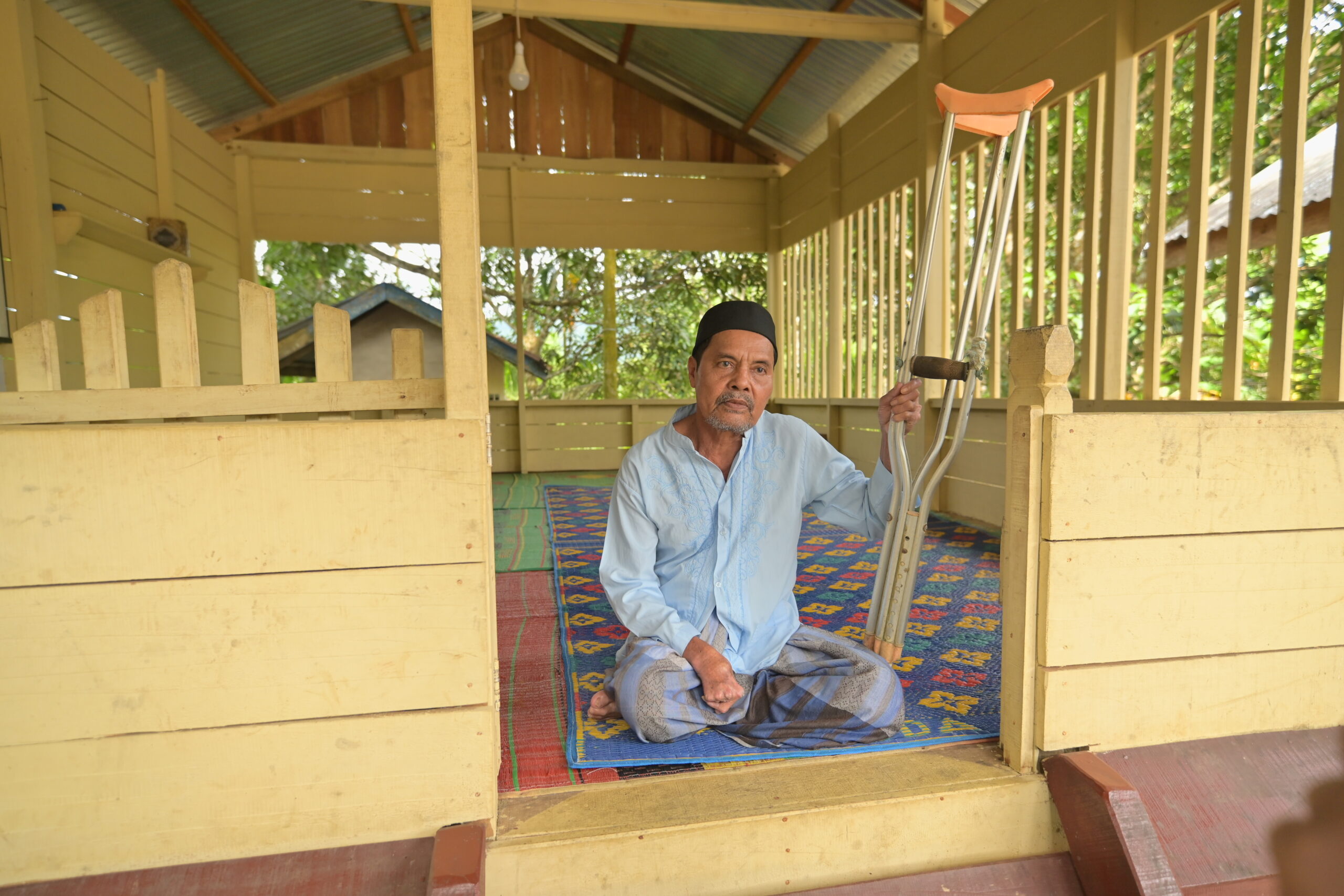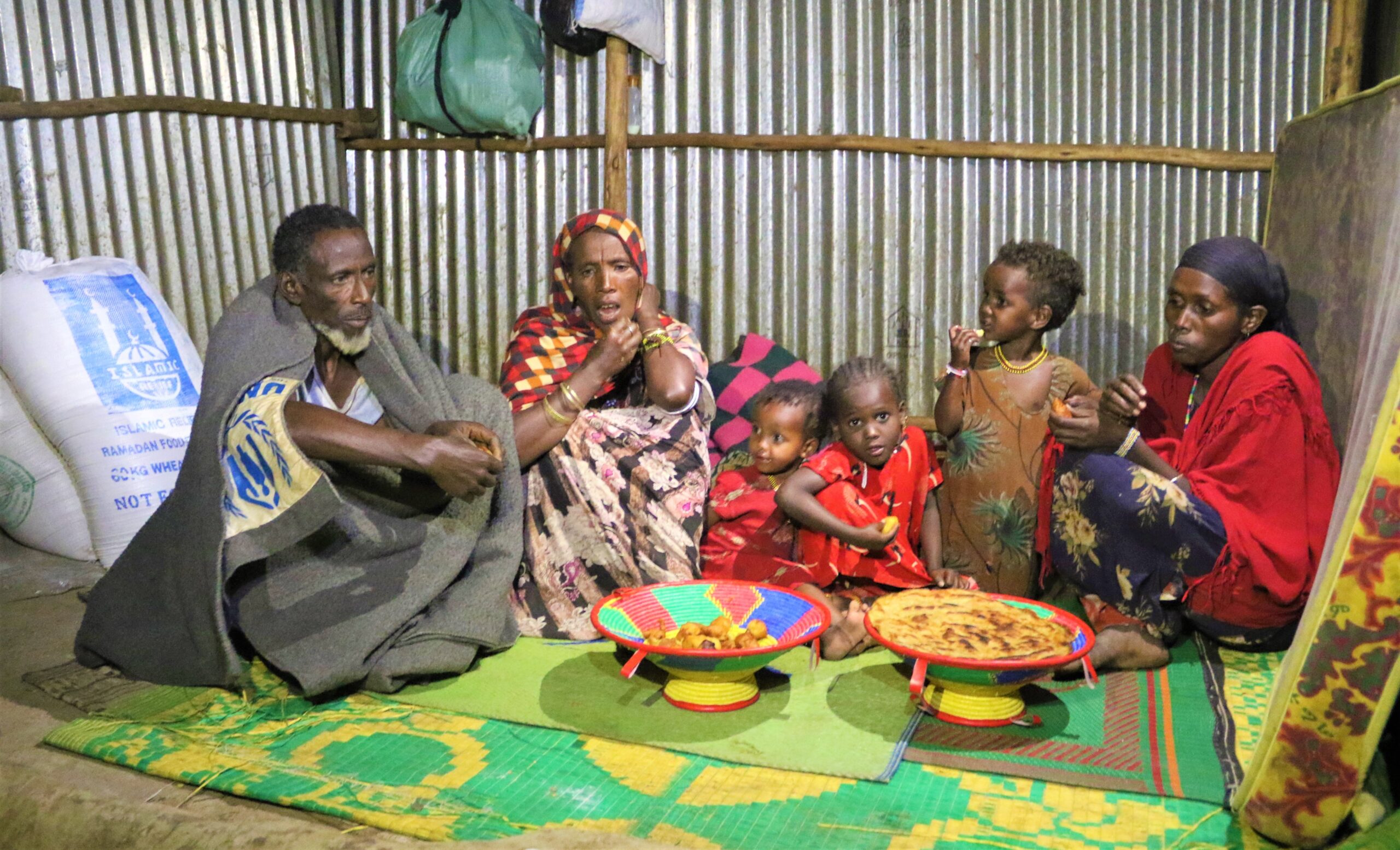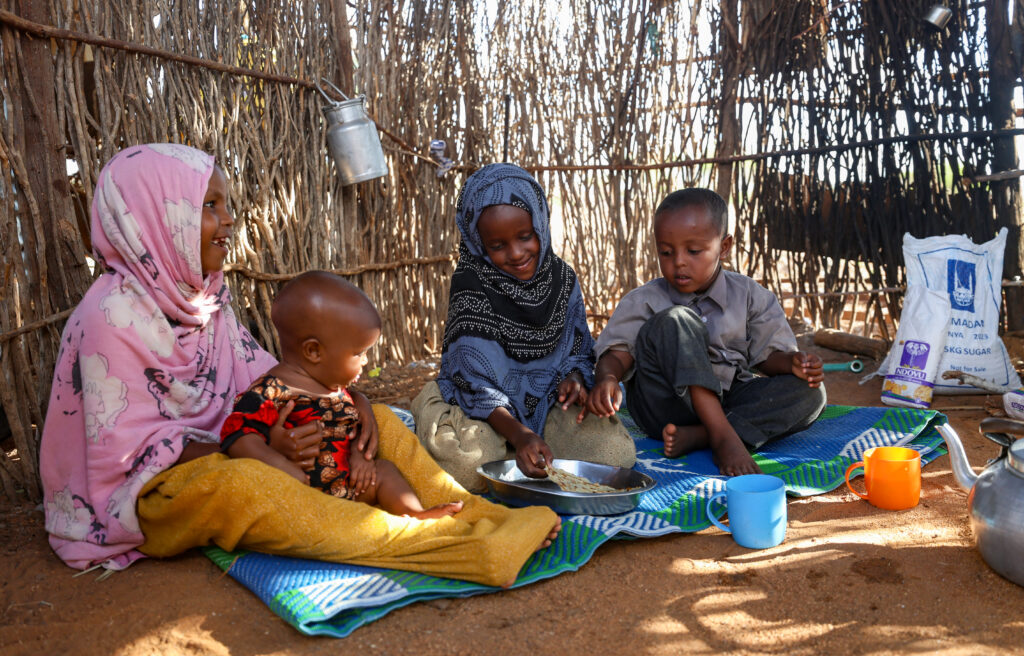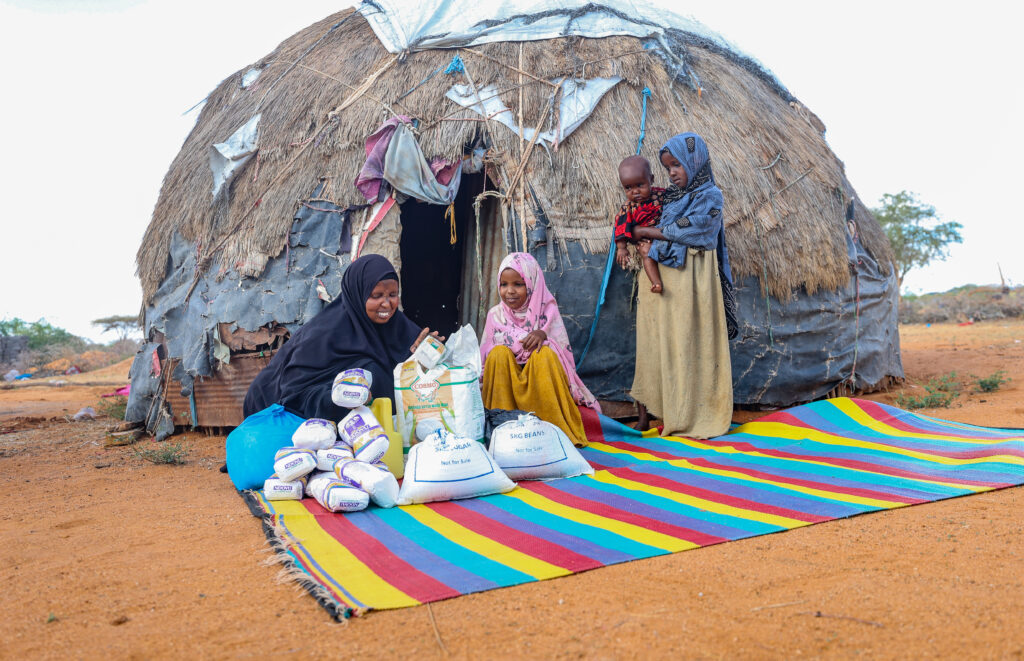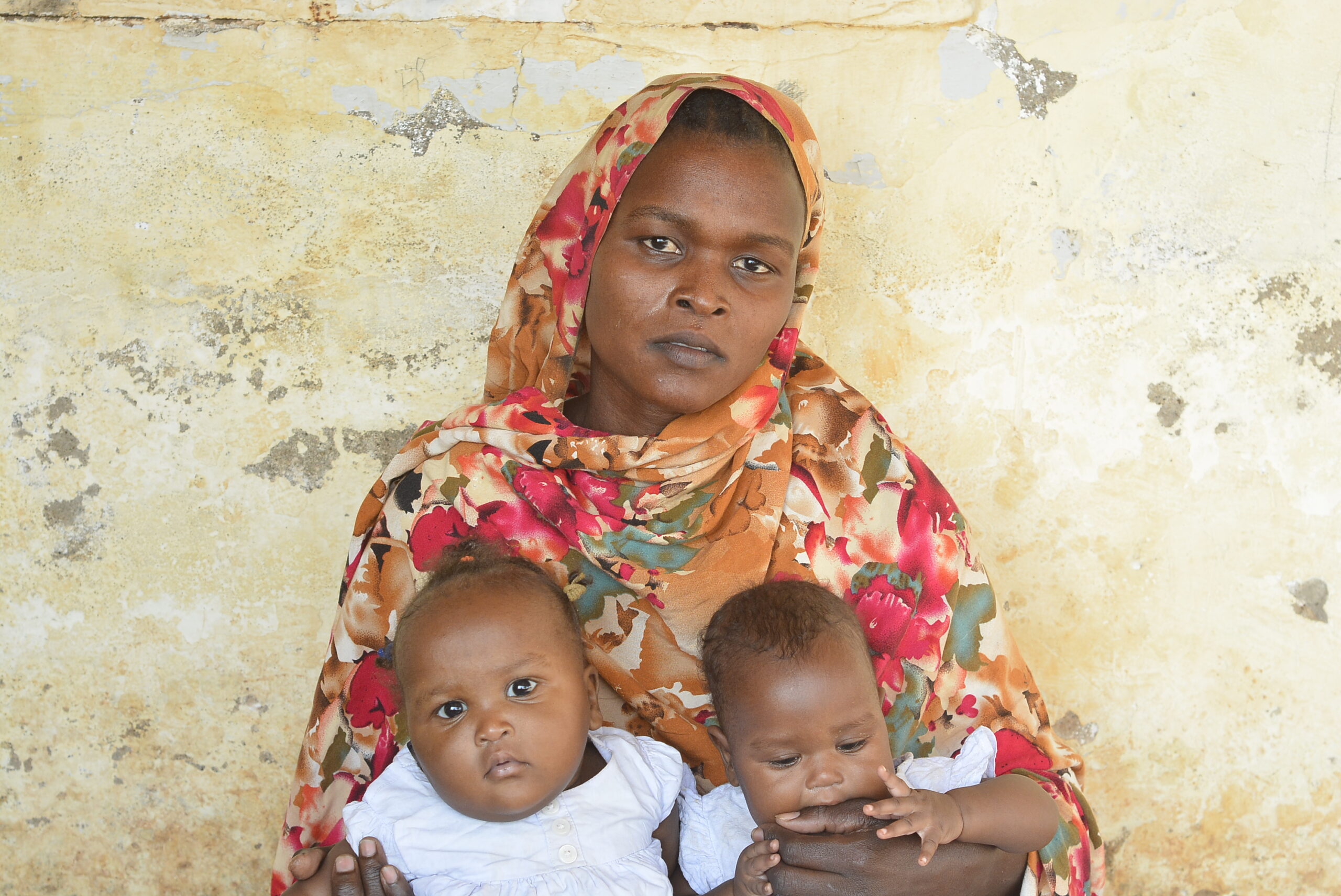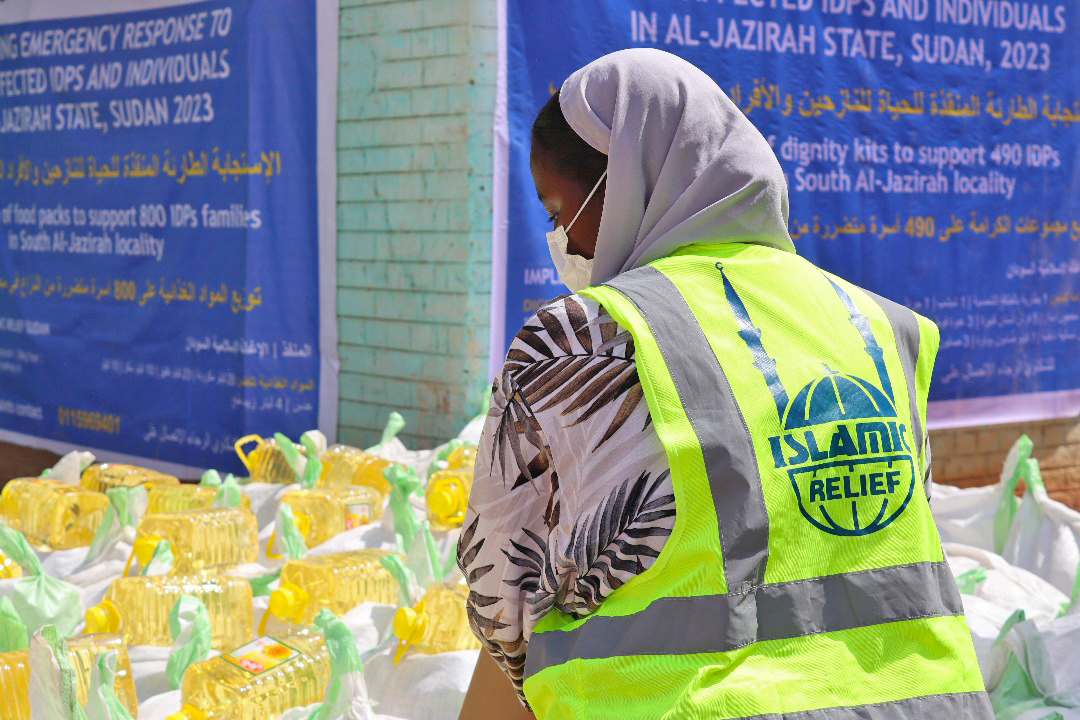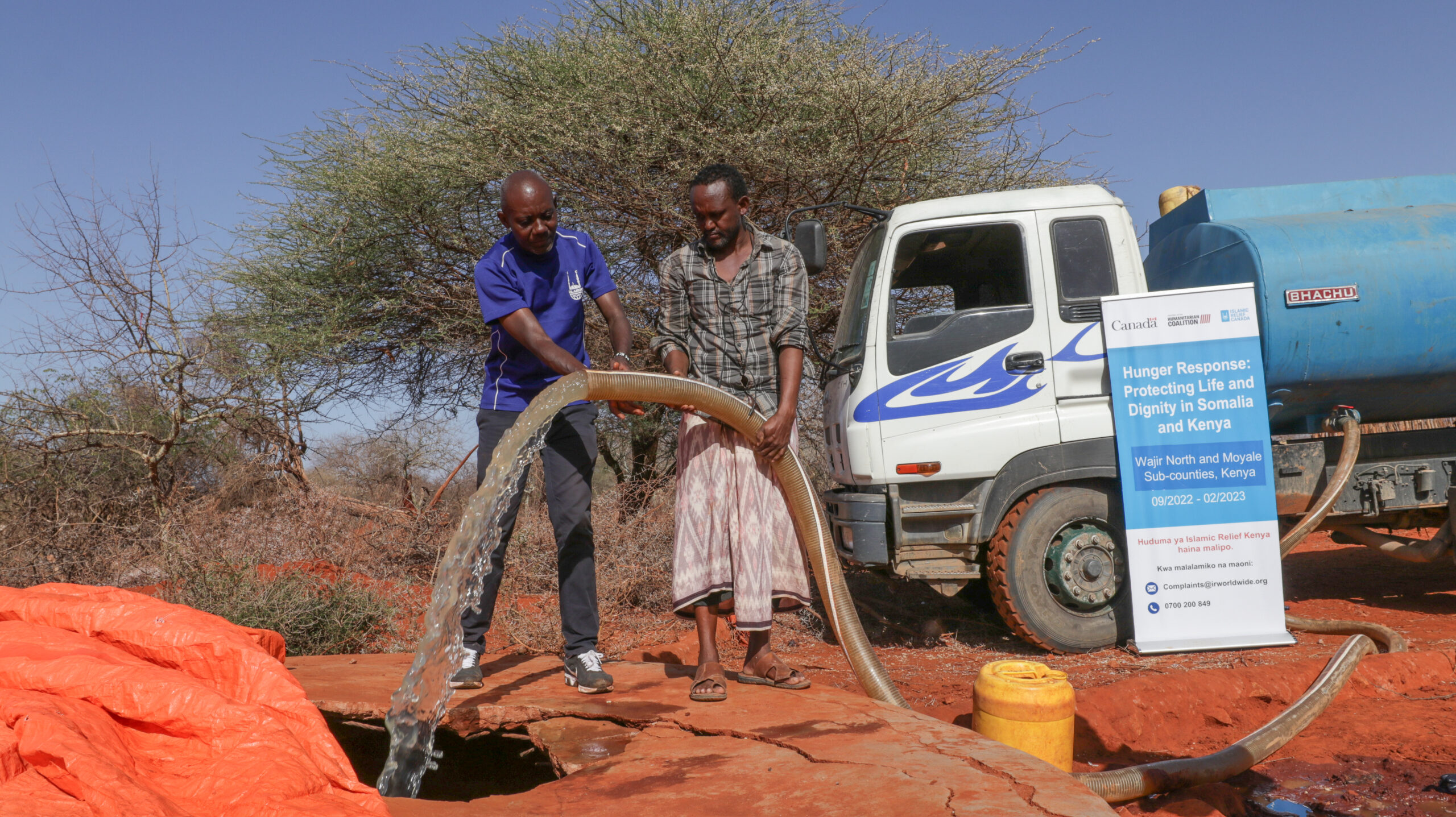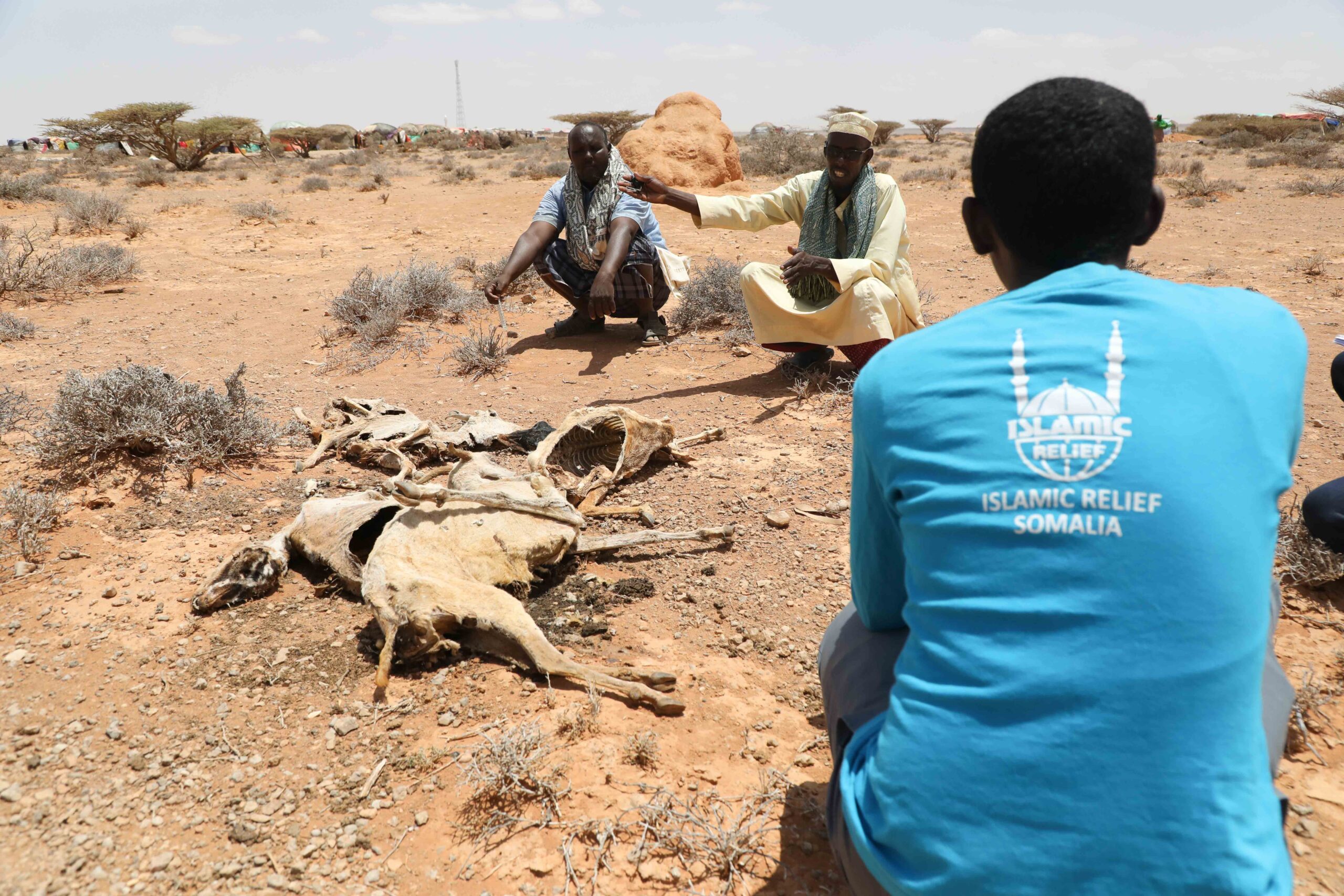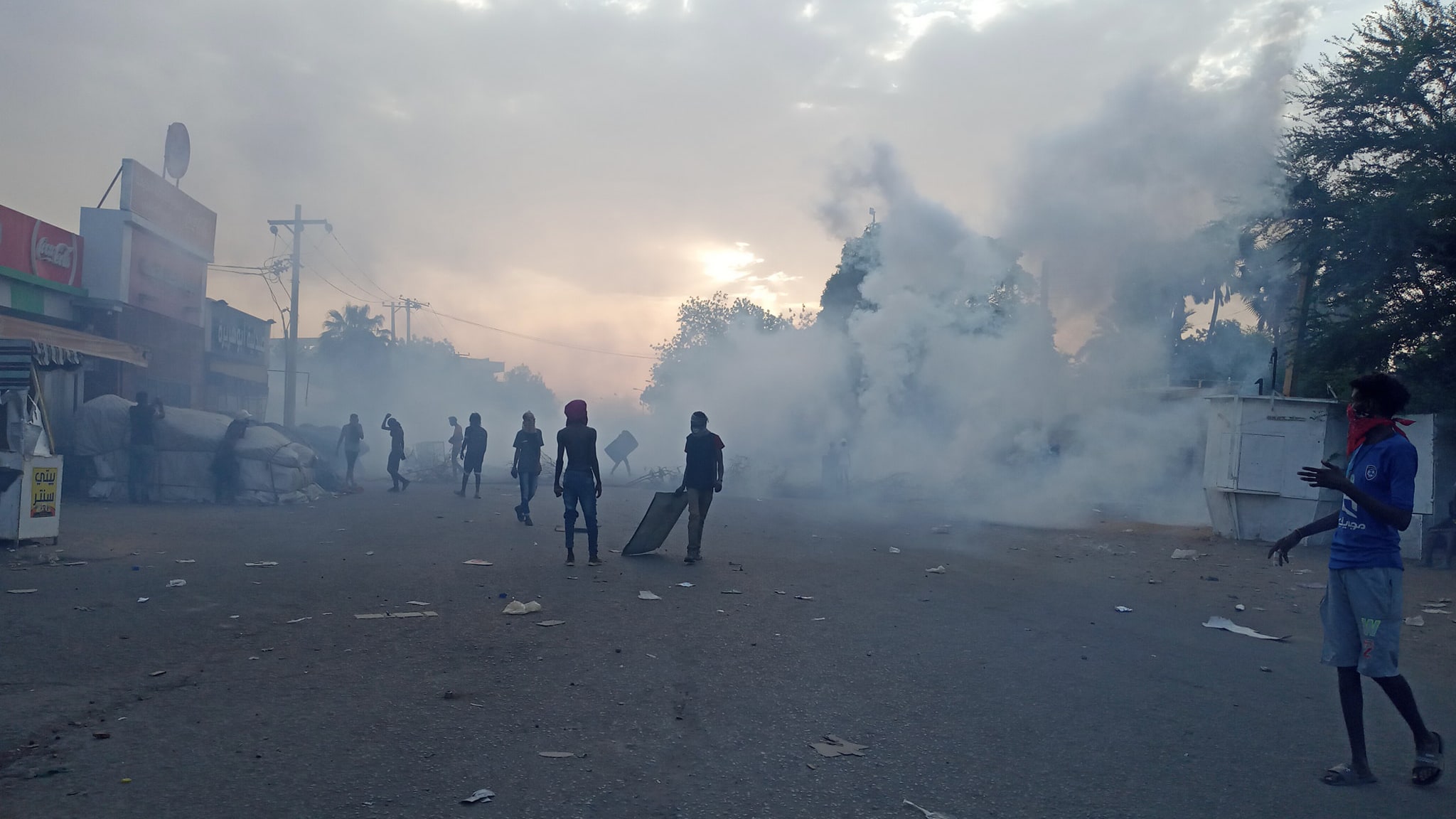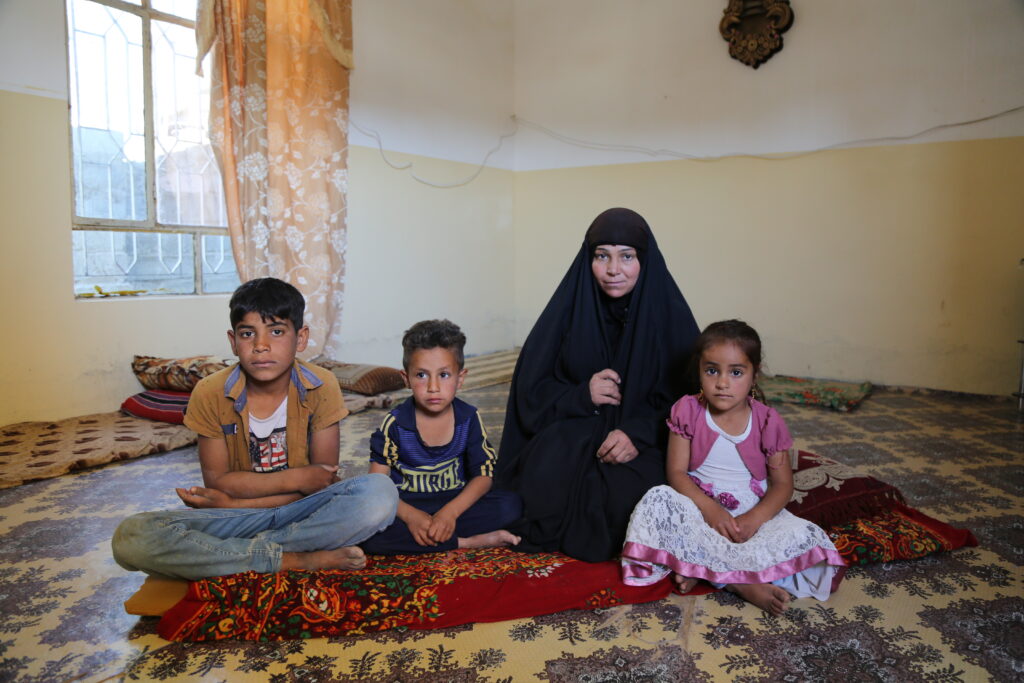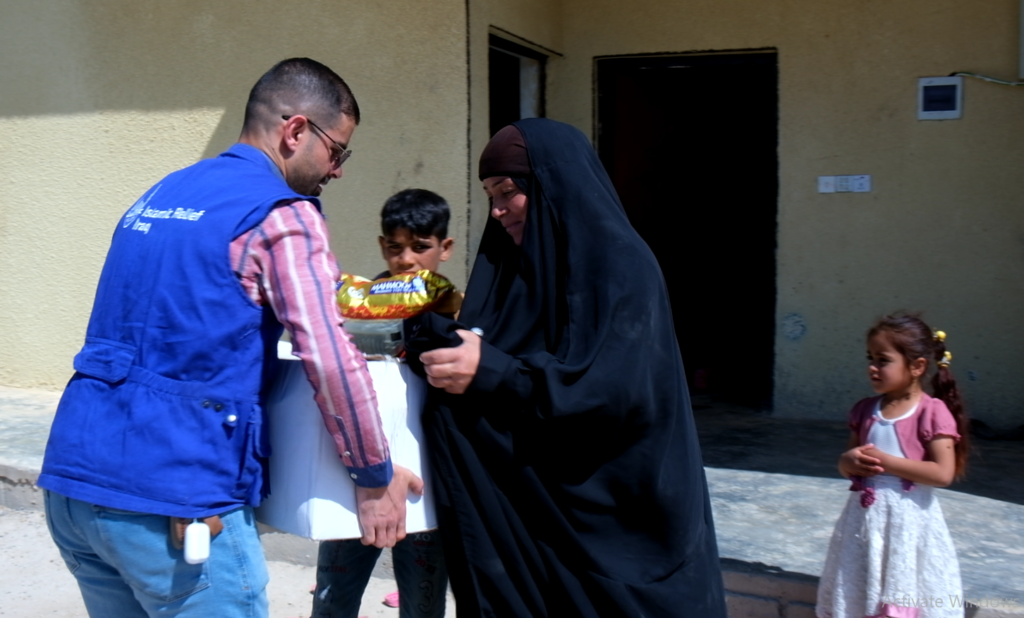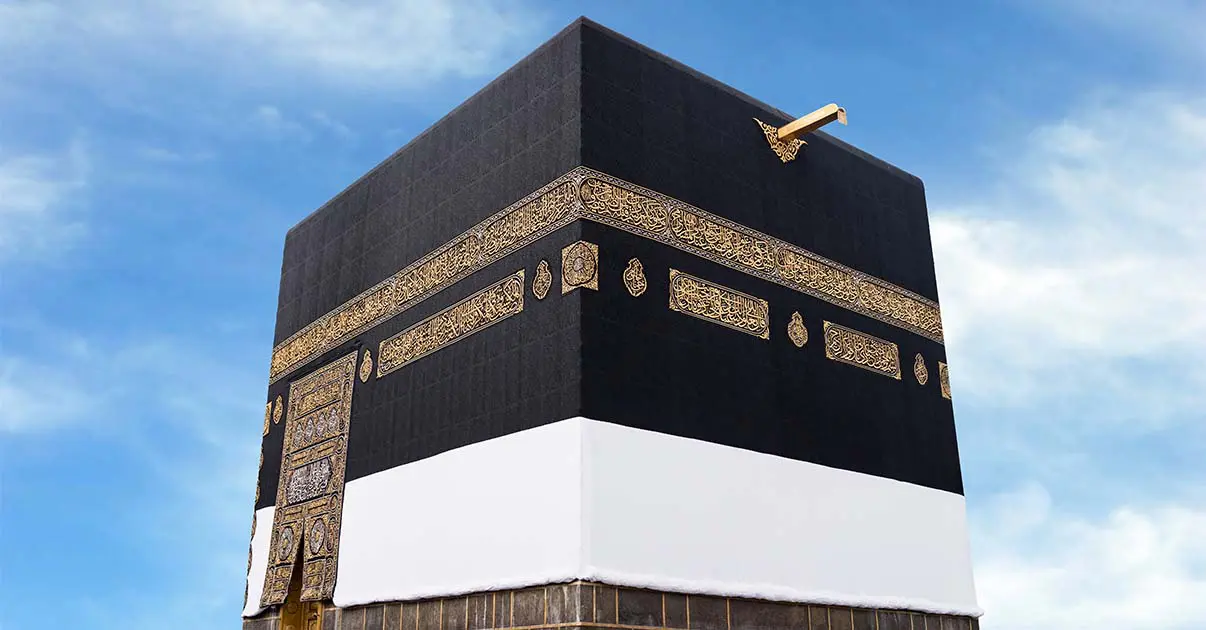
05.09.24
What is Hajj?
Each year, millions of Muslims from around the world travel to Makkah to perform the sacred pilgrimage of Hajj. As one of the five pillars of Islam, it is an important staple of the religion, alongside Shahada, Salah, Zakat and Sawm. Thus, every adult Muslim, if able, must perform it at least once in their lifetime.
The pilgrimage occurs during the same time each lunar year, in Dhul Hijjah, the twelfth month in the Islamic (Hijri) Calendar. It begins on the 8th of Dhul Hijjah and lasts approximately five to six days depending on the sighting of the moon. The blessed days of Arafah and Eid Al-Adha also occur during this period.
The year, the Hajj period is expected to fall between Friday, June 14, 2024, and Wednesday, June 19, 2024. Learn more about when Hajj is in 2024 here.
Why Do Muslims Go On Hajj?
Hajj is the fifth and final pillar of Islam. Being a pillar of the religion, it is a spiritual duty on every adult Muslim to perform Hajj. However, unlike the pillars of prayer (Salah), Zakat and fasting (Sawm), Muslims only have perform the pilgrimage once in their lifetime, so long as they are physically, emotionally, and financially able.
The Importance of Hajj in Islam
In the Holy Qur’an, Allah (SWT) mentions the pilgrimage in Surah Al-Baqarah, in verse 197, where He states that its season falls within the “well-known months” of the Islamic Calendar. This includes Dhul Hijjah, when the main Hajj period takes place.
Allah (SWT) also commands Muslims to fulfil the sacred pilgrimage, as mentioned in Surah Ali Imran:
And [due] to Allah from the people is a pilgrimage to the House – for whoever is able to find thereto a way. But whoever disbelieves – then indeed, Allah is free from need of the worlds.”
Quran 3:97
The Prophet Muhammad (ﷺ) also stressed upon the many rewards of Hajj. He stated:
“Whoever performs Hajj for the sake of Allah and does not utter any obscene speech or do any evil deed, will go back (free of sin) as his mother bore him.”
Bukhari and Muslim
The Hajj pilgrimage is a test of patience and temperament, and can be spiritually, emotionally, and physically challenging. However, it is also a momentous occasion that delivers an experience like no other. An opportunity to draw closer to Allah (SWT) more than ever before.
That is why many Muslims around the world strive their whole lives for the opportunity to perform Hajj – sometimes even more than once!
What Happens During Hajj?
Each year, millions of Muslims travel by land, sea and air to Makkah, Saudi Arabia and perform Hajj. Approximately 2-3 million people attend Hajj each year, with each of them having to complete a series of rites and rituals.
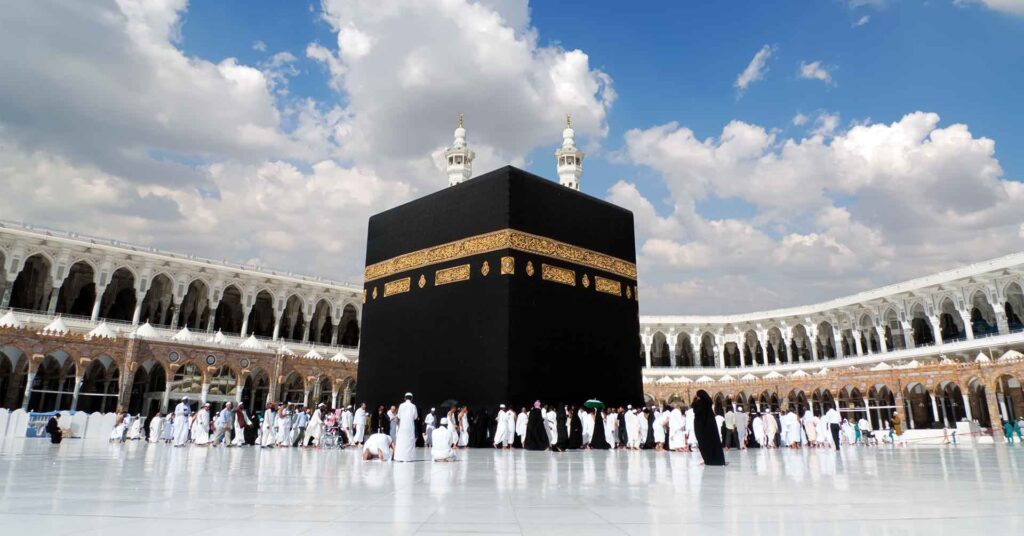
Here are the 18 steps of Hajj at a glance:
- Preparation and Intention
- Enter state of Ihram
- Tawaf x7
- Safa and Marwa
- Clip/Shave Hair (Umrah ends)
- Resting and Praying
- Enter state of Ihram
- Arrive at Mina
- Day of ‘Arafah
- Muzdalifah (under the night sky)
- Rami (stoning of the devil)
- Qurbani
- Shave Head
- Tawaf al-Ifadha
- Rami (stoning of the devil)
- Spend night at Mina
- Rami (stoning of the devil)
- Farewell Tawaf al-Wida
Each action of Hajj has their spiritual, emotional, and physical challenges. During the five or six days of, pilgrims can expect to walk between 5km-15km per day, as there is some travel between locations. But much of the pilgrimage takes place at the Masjid al-Haram, where the Kaaba is located.
What is the Ka’aba?
The Ka’aba (meaning “cube” in Arabic) is the most sacred site in Islam. It is the sacred bayt Allah (House of God) and was first built by Prophet Ibrahim (AS) and his son Ismail (AS).
“And remember Ibrahim and Ismail raised the foundations of the House (With this prayer): “Our Lord! Accept (this service) from us: For Thou art the All-Hearing, the All-knowing.”
Quran 2:127
The Ka’aba is a fundamental part of the Tawaf ritual in Hajj. It also the qibla (direction) towards which Muslims turn towards in prayer five times a day. Previously, Muslims would pray facing Al-Aqsa in Jerusalem.
How Do You Prepare for Hajj?
Hajj is an act of worship that is also very physically demanding. For this reason, many Muslims try to prepare for it weeks in advance, so that the travel required between locations across the five-to-six-day pilgrimage does not come as a shock.
Being physically prepared helps pilgrims complete the emotionally and spiritually demanding aspects of Hajj. This allows them to focus on performing the actions of the pilgrimage to the best of their ability, doing the most for Allah (SWT)’s sake.
Other times Muslims travel to Makkah
Hajj is not the only time Muslims can travel to Makkah. Umrah is a lesser pilgrimage that can be performed at any time of the year. While it is not obligatory, it also offers many rewards for Muslims who choose to take it. For Allah’s Messager (ﷺ) said,
“(The performance of) `Umra is an expiation for the sins committed (between it and the previous one). And the reward of Hajj Mabrur (the one accepted by Allah) is nothing except Paradise.”
Sahih al-Bukhari
There are also far fewer steps in Umrah when compared to Hajj. Hajj lasts approximately five to six days (depending on the sighting of the crescent moon), whereas Umrah can be performed within a much shorter period. However, one can perform either pliglimages as many times as one likes in their lifetime, if one has the means to do so.
Conclusion
Hajj as we know it today was first performed in 628 CE, by the Prophet Muhammad (ﷺ) and the first Muslims. He (ﷺ) was instructed to re-establish the traditions started by the Prophet Ibrahim (AS) as instructed by Allah (SWT), millennia before.
Last year, 1.84 million Muslims from around the world travelled to Makkah for Hajj 2023. They like, like many Muslims who performed the pilgrimage before them have now become Hajji (Hajjah for women).
Best of luck to those who are going for Hajj this year. May Allah (SWT) grant you safe travels! And may those of who have not been one day embark on this momentus journey, insha’Allah!
This Dhul Hijjah, Share Your Blessings
Help the world’s most vulnerable families enjoy their Eid when you give Qurban with Islamic Relief.

